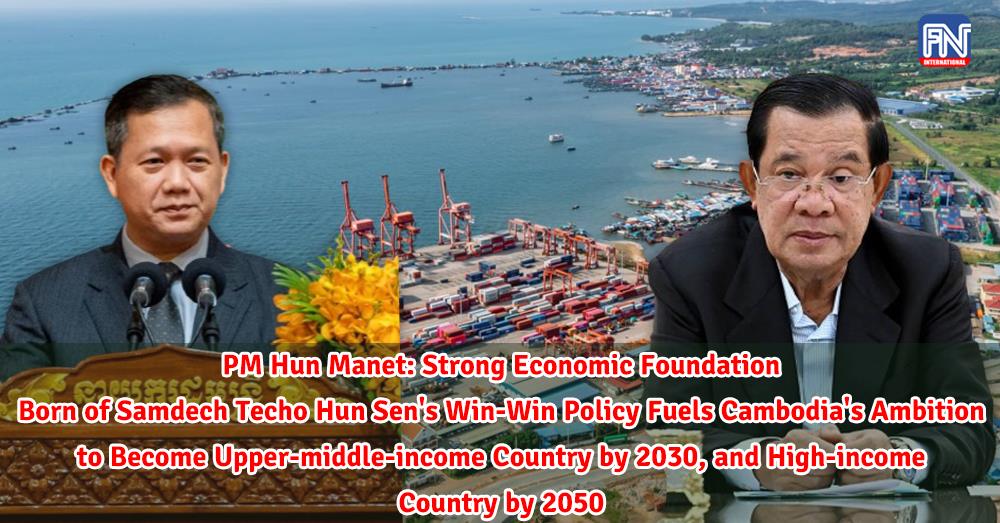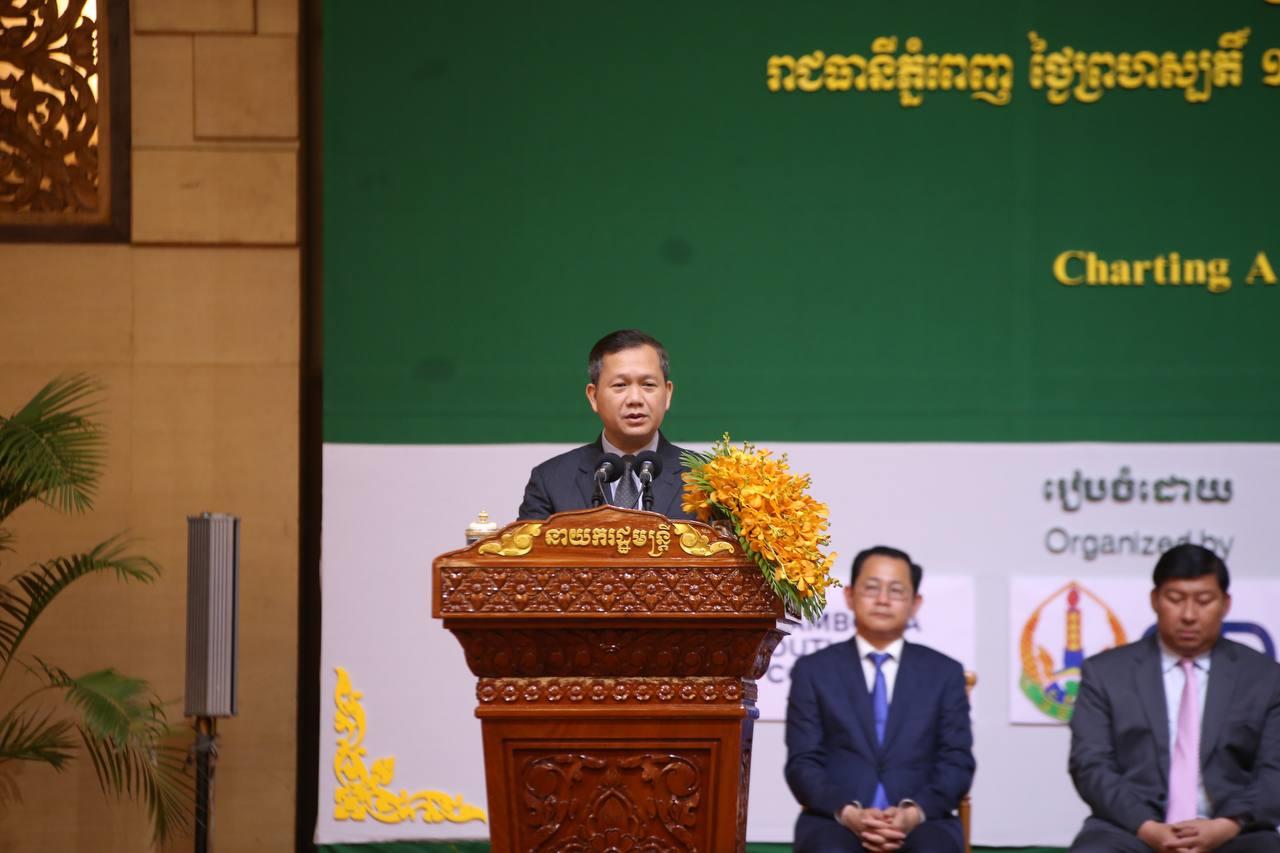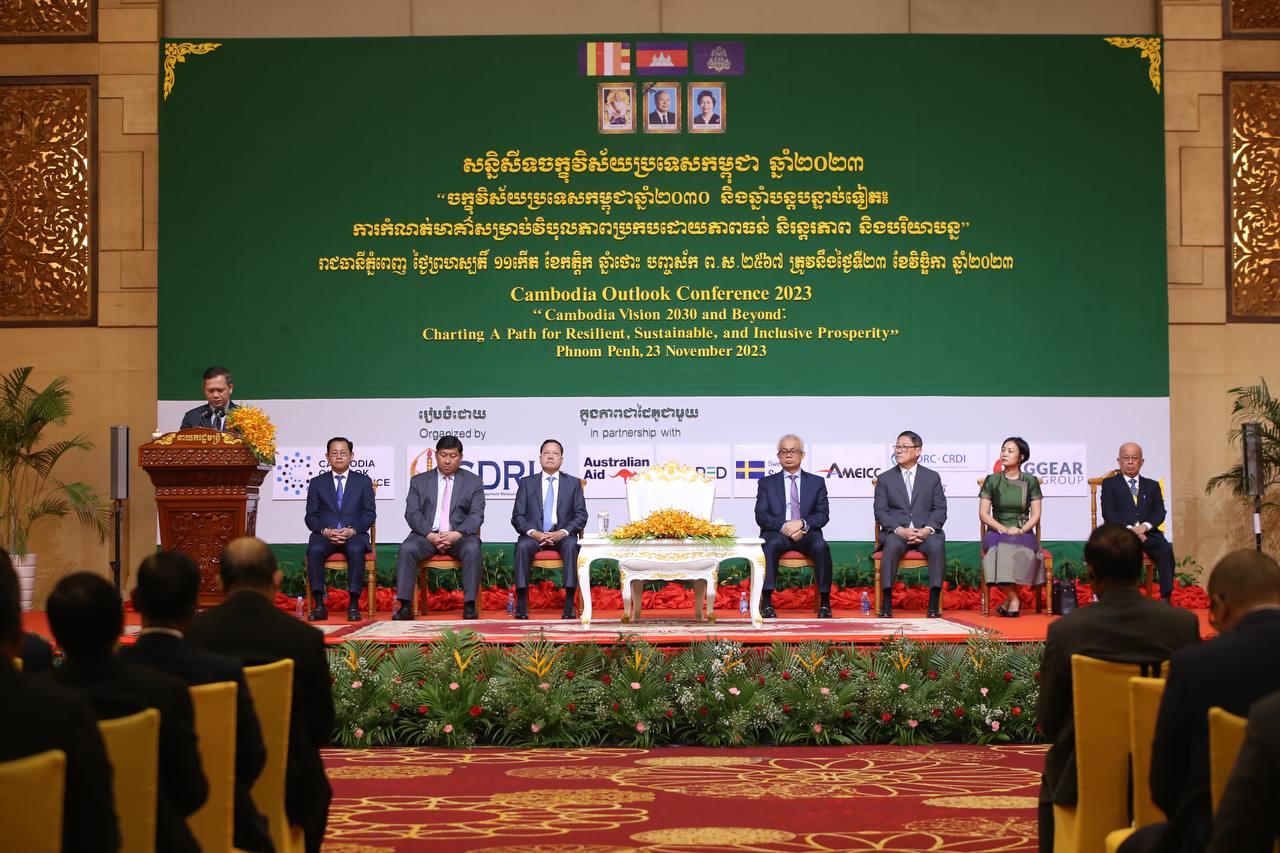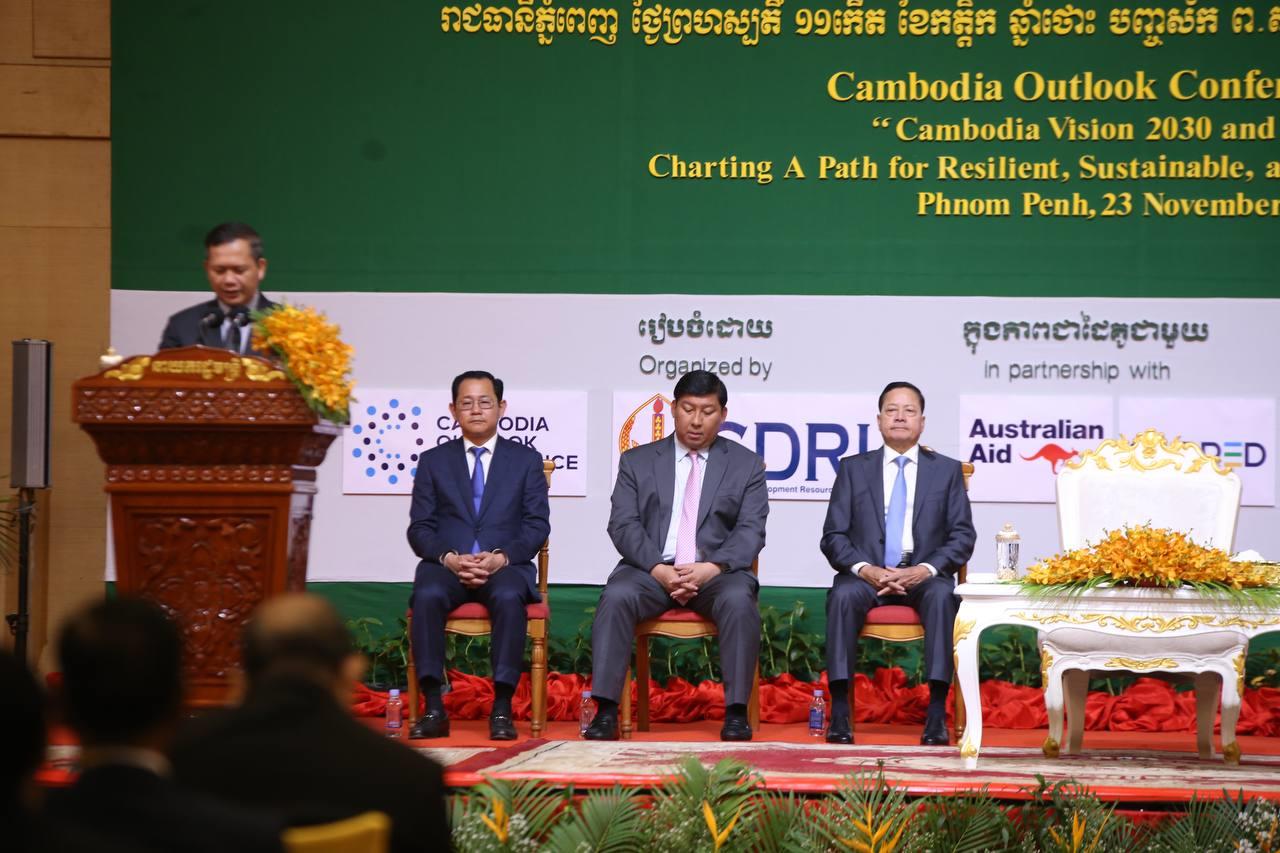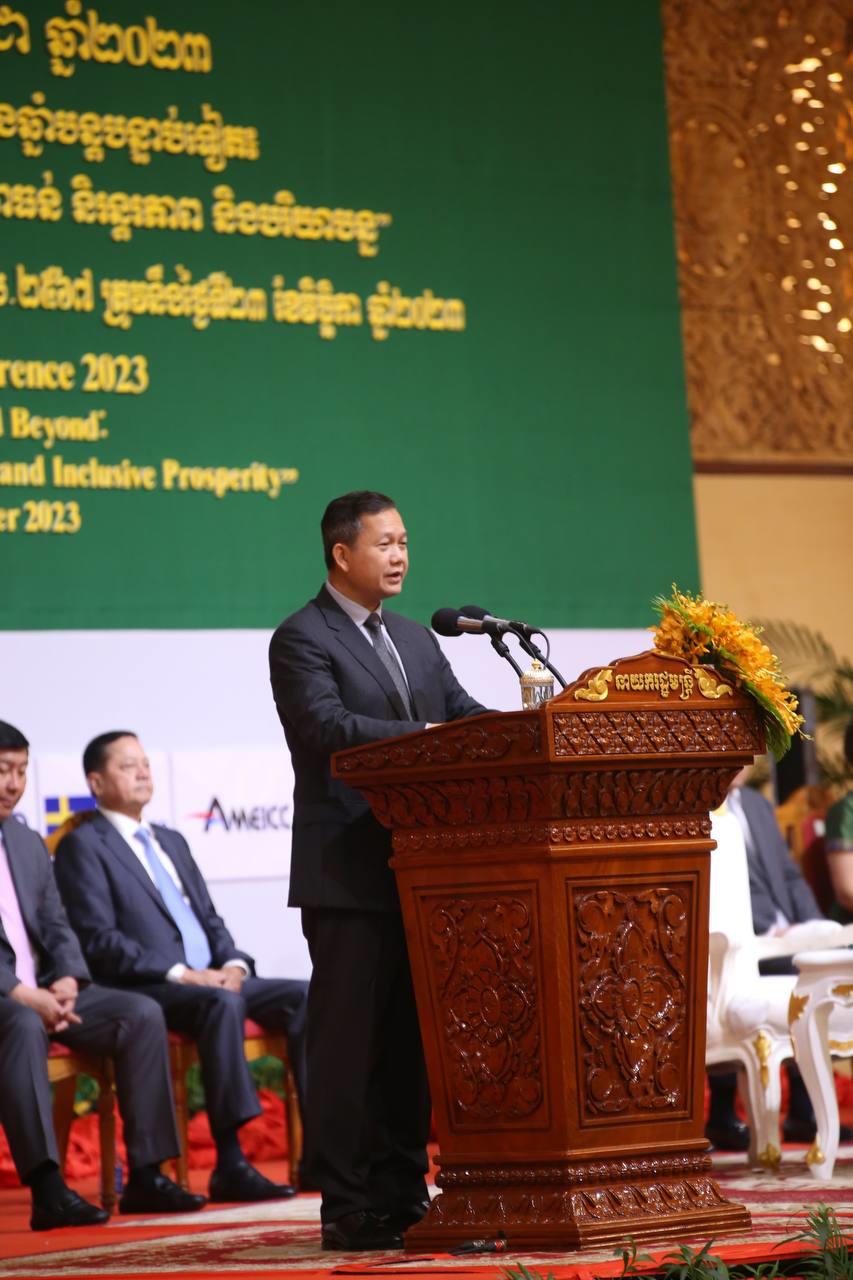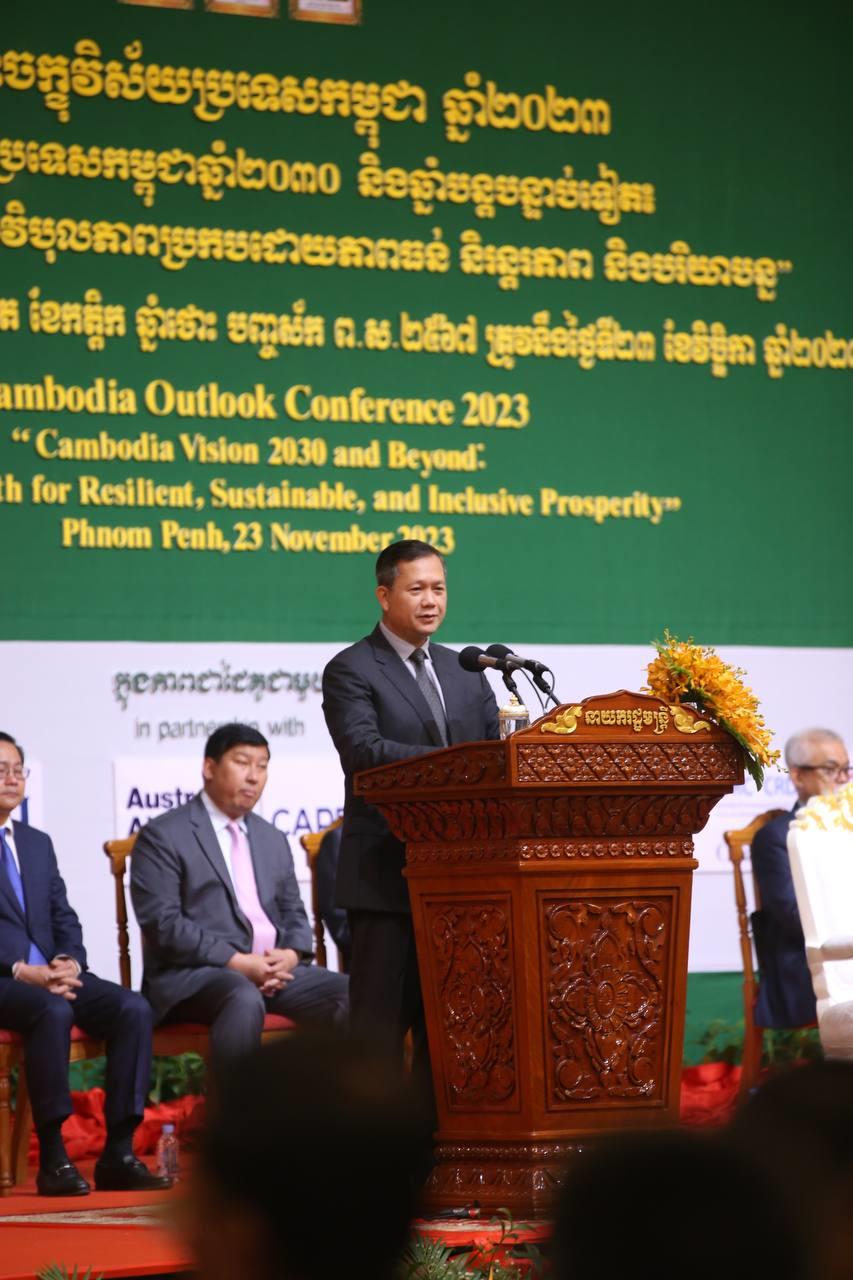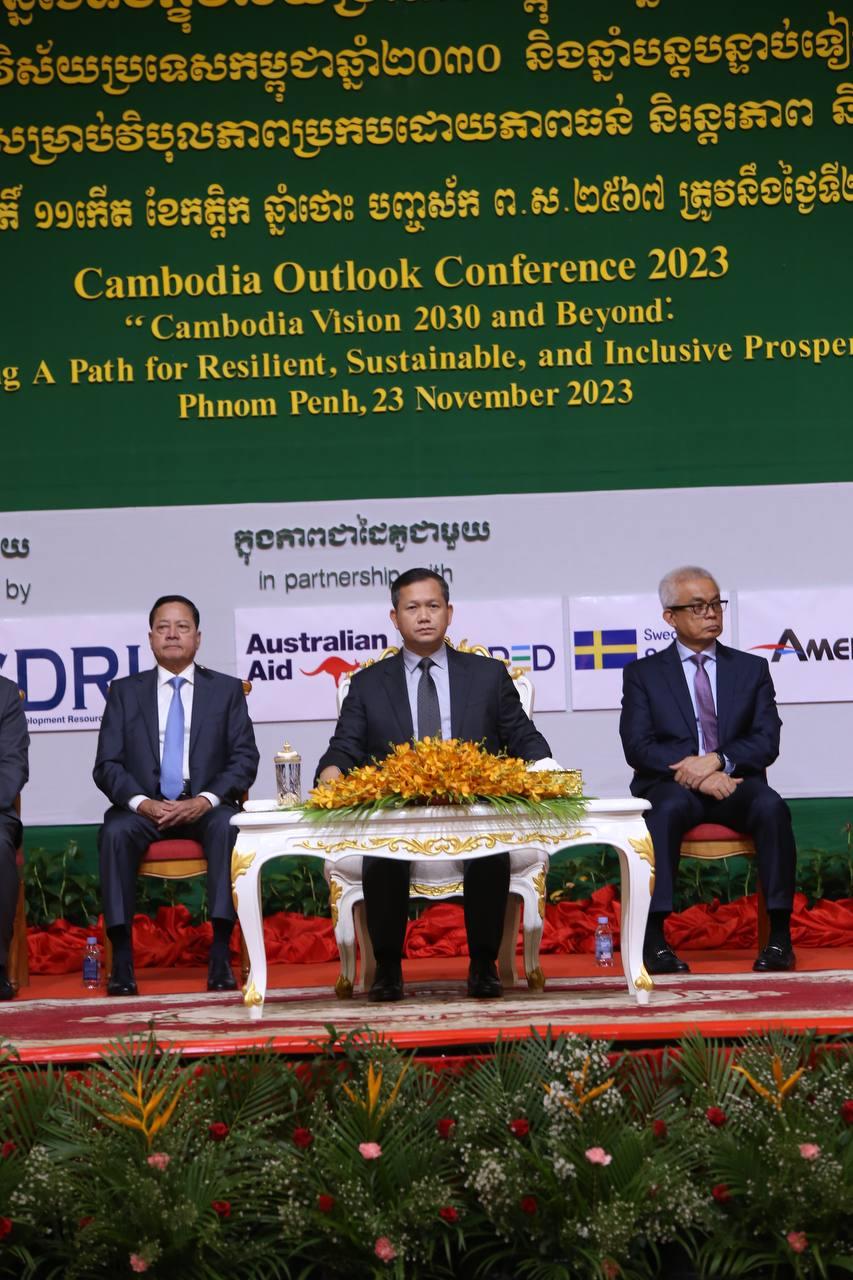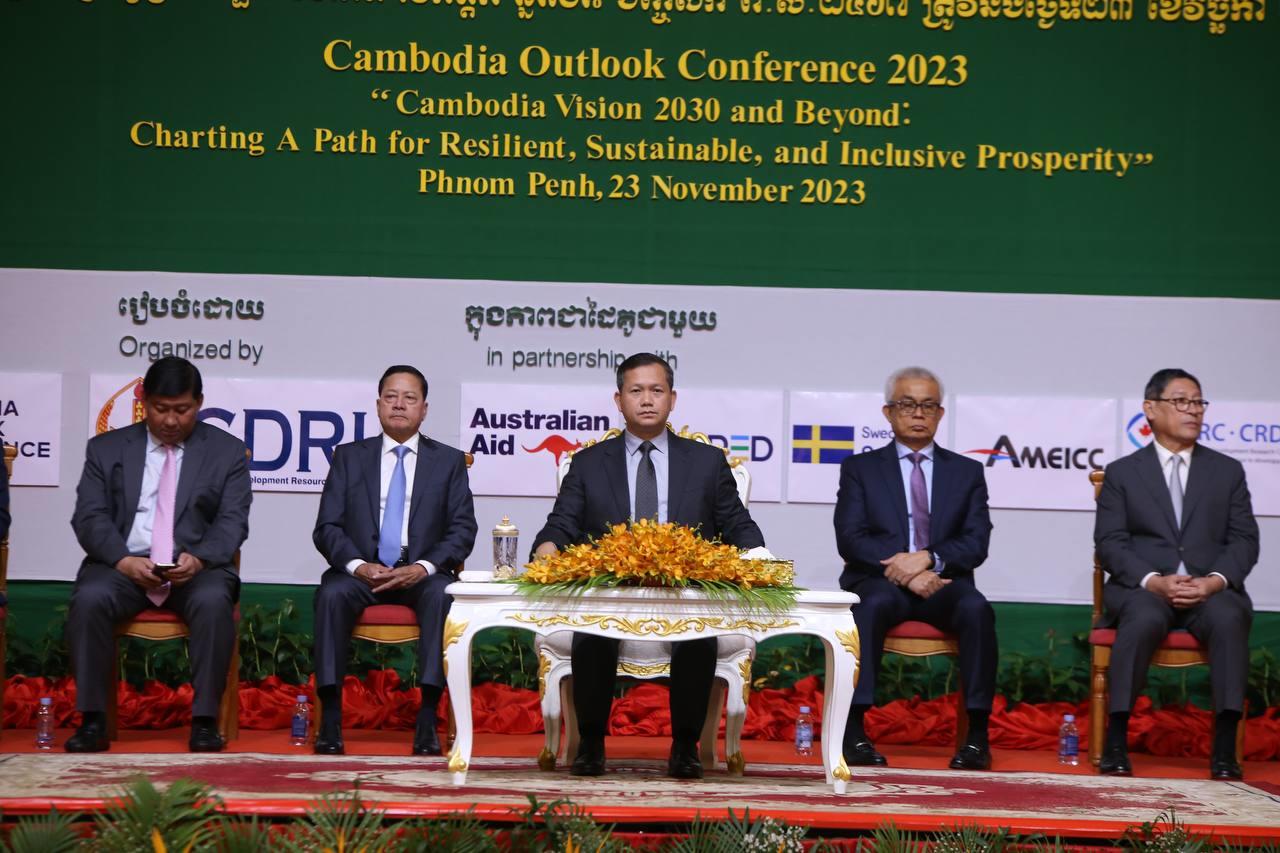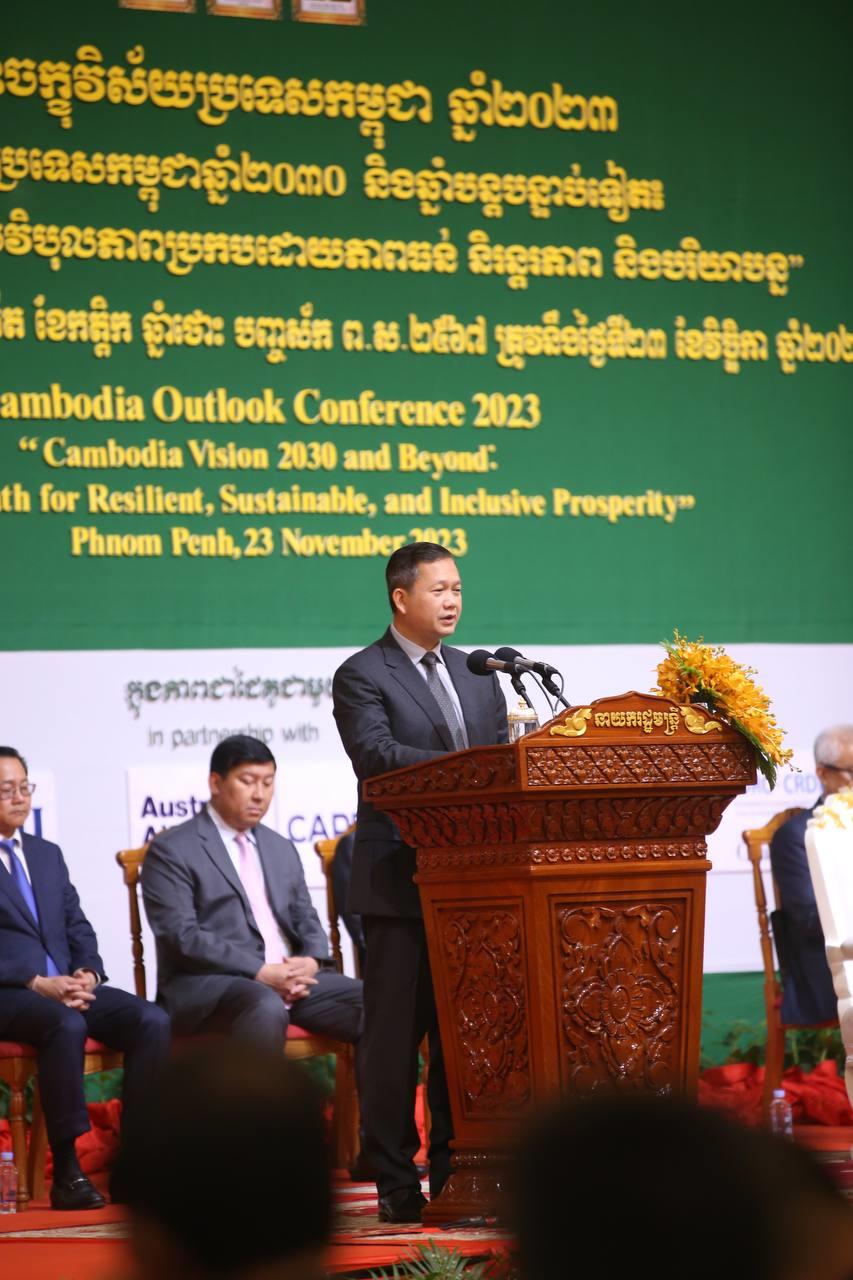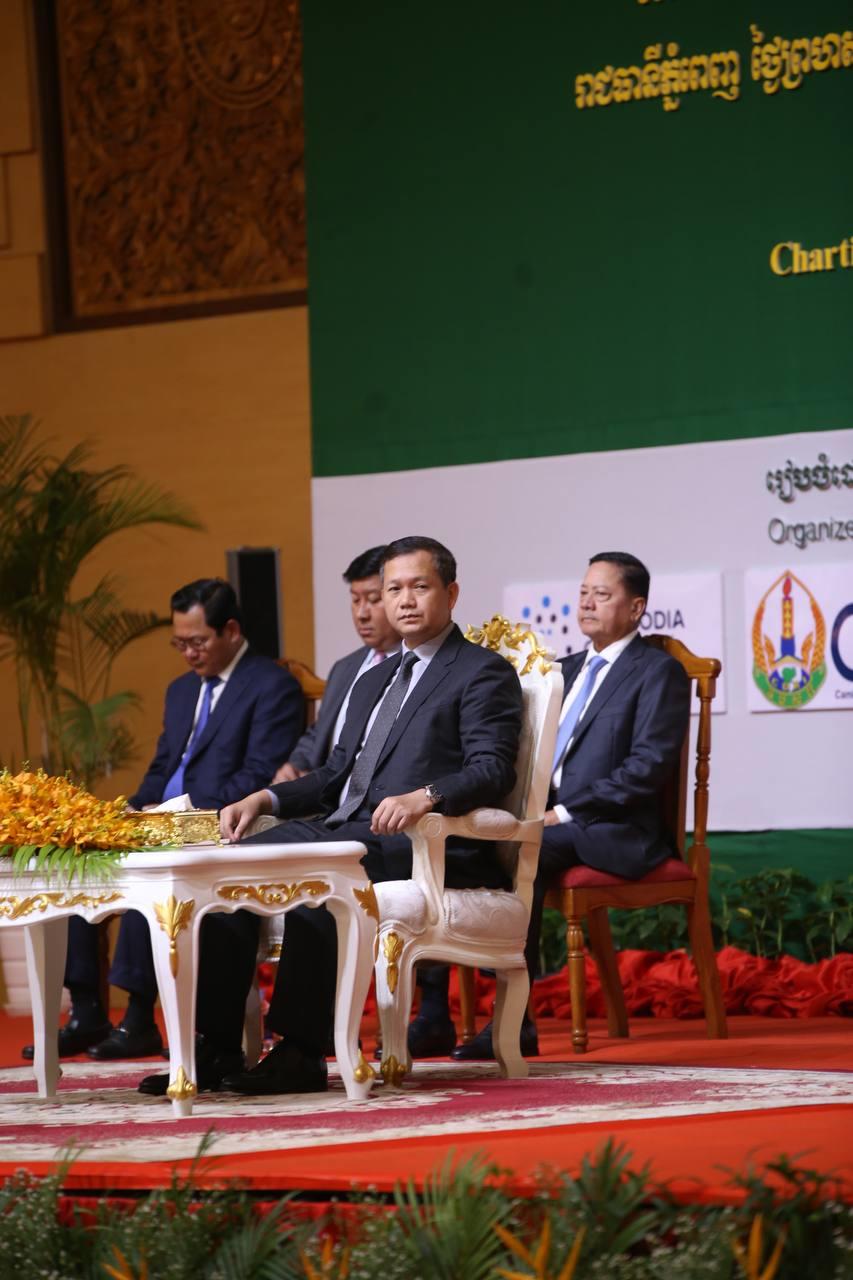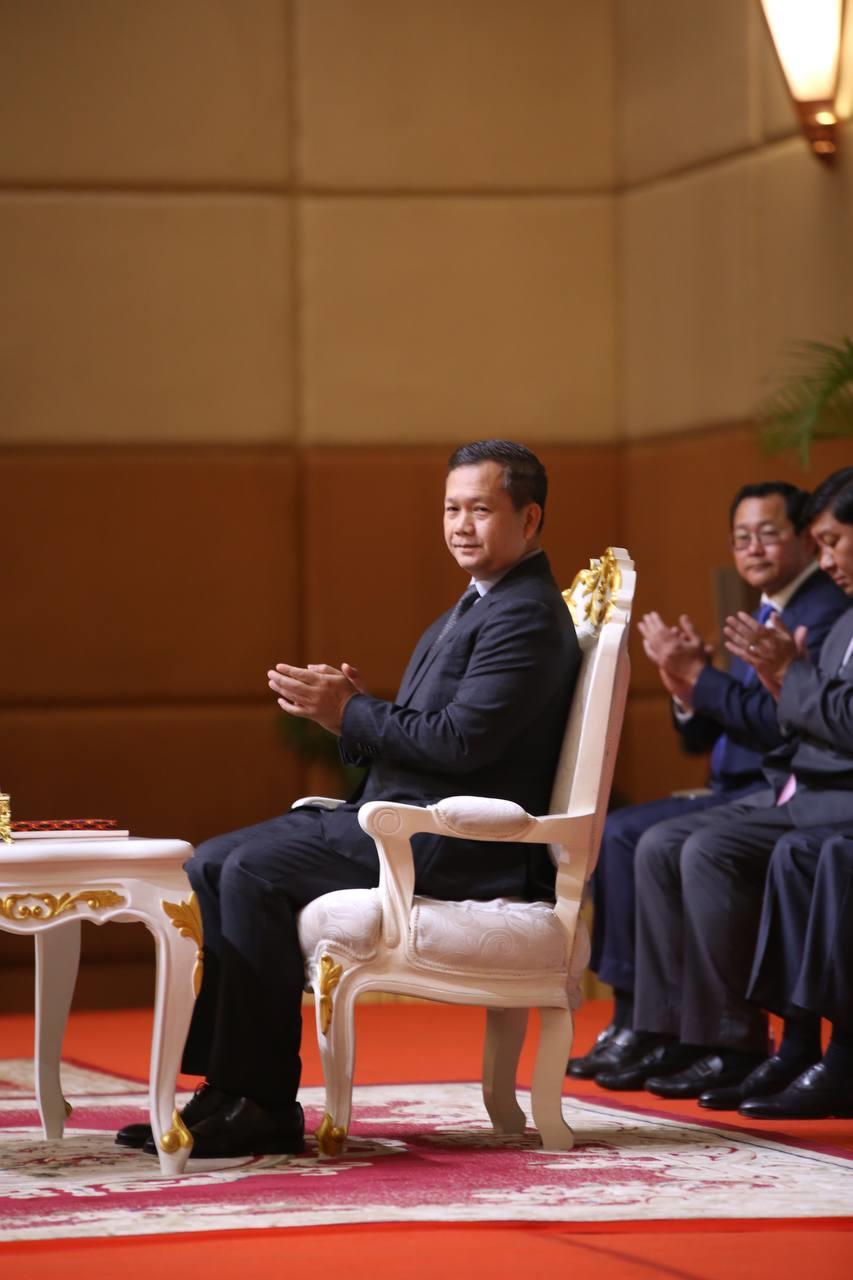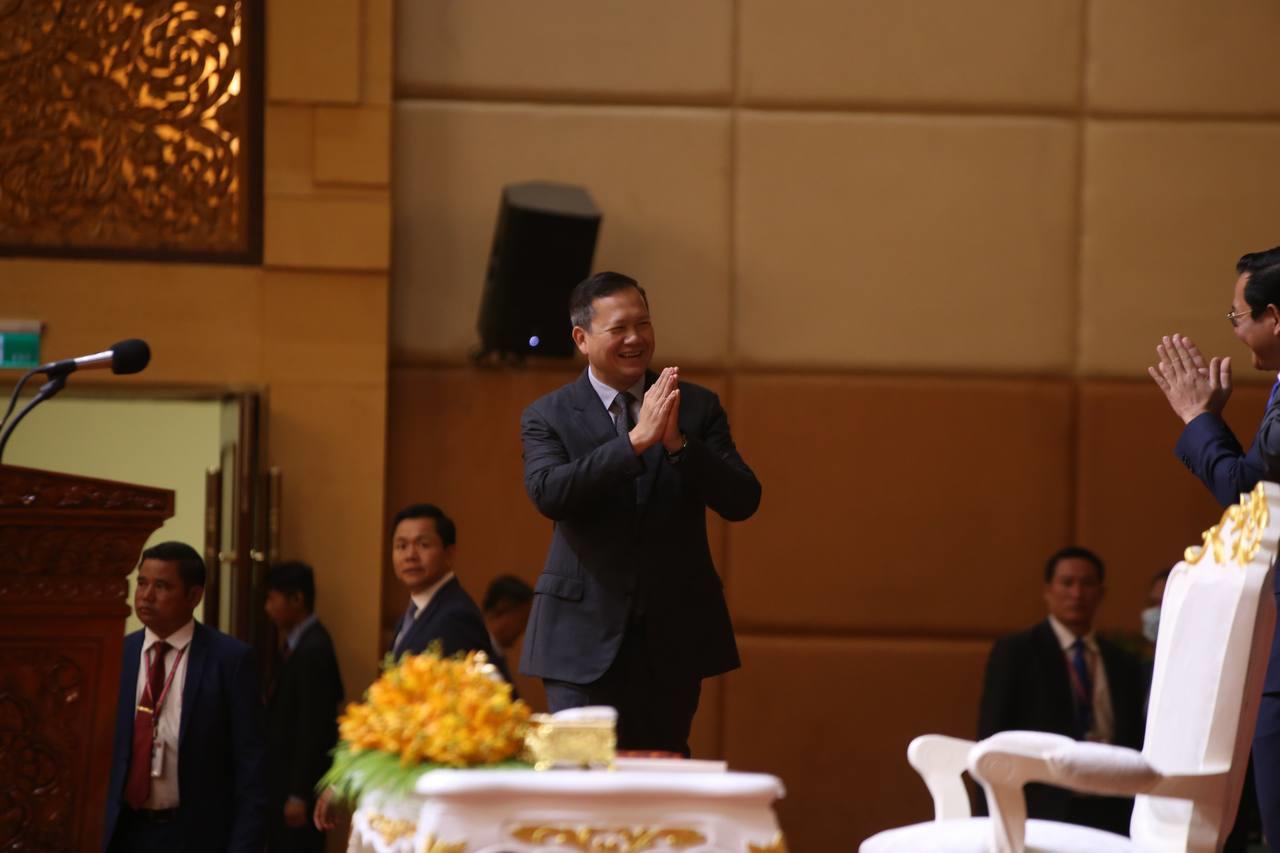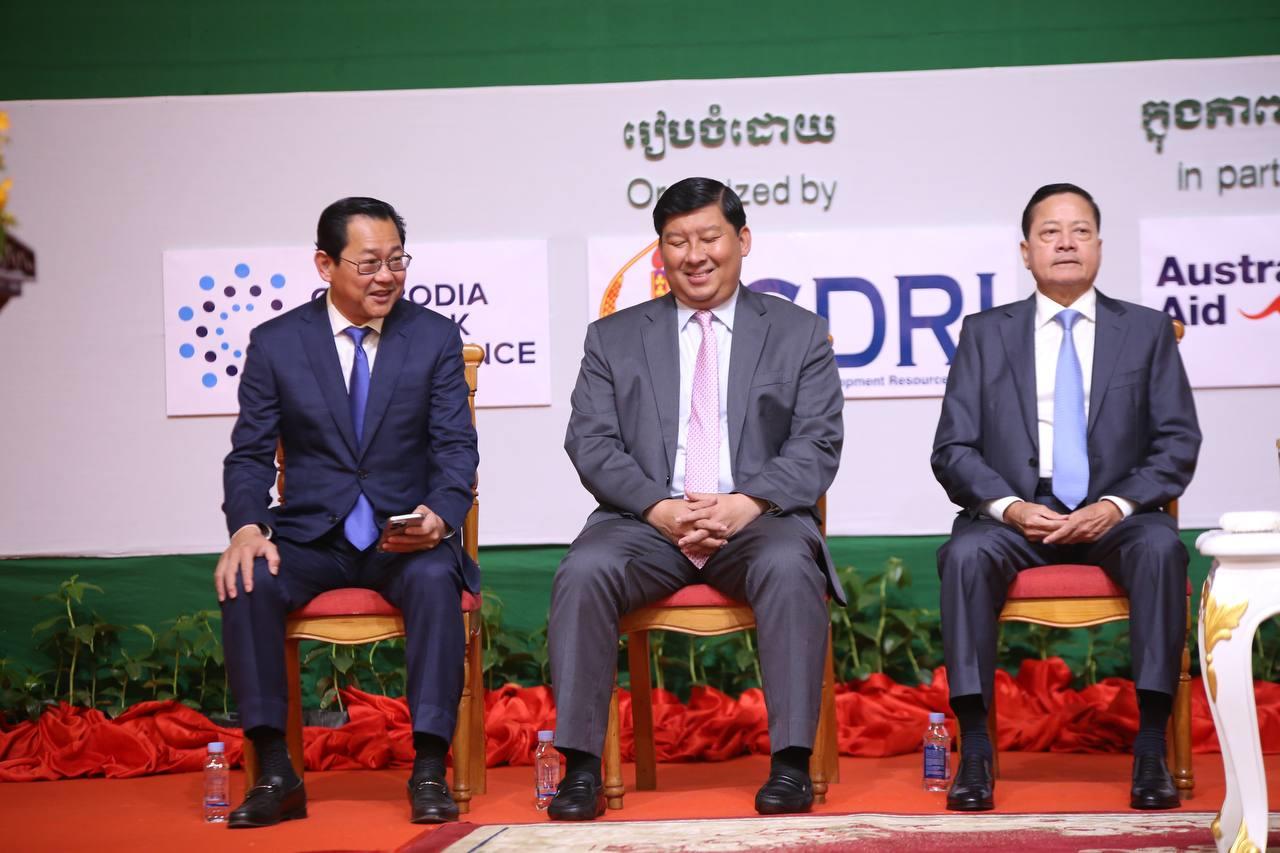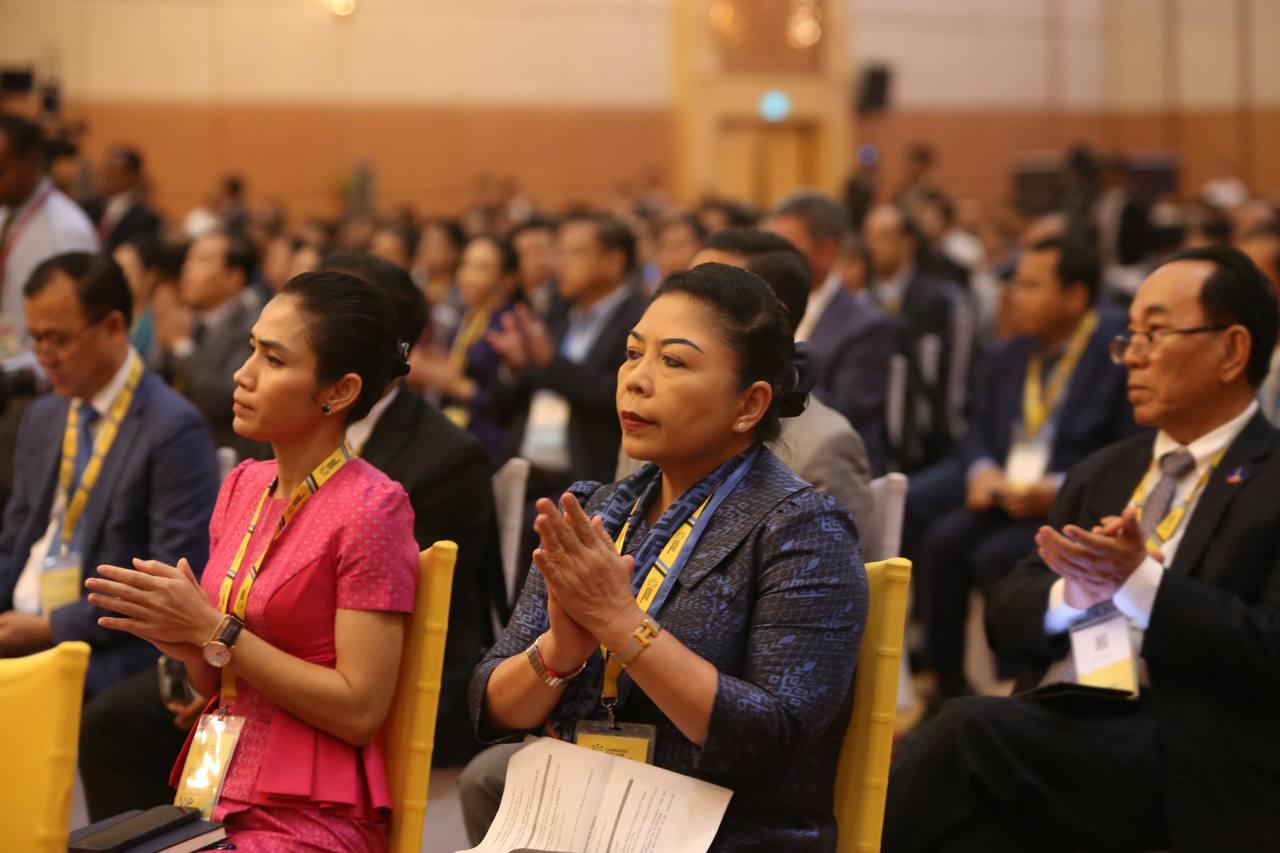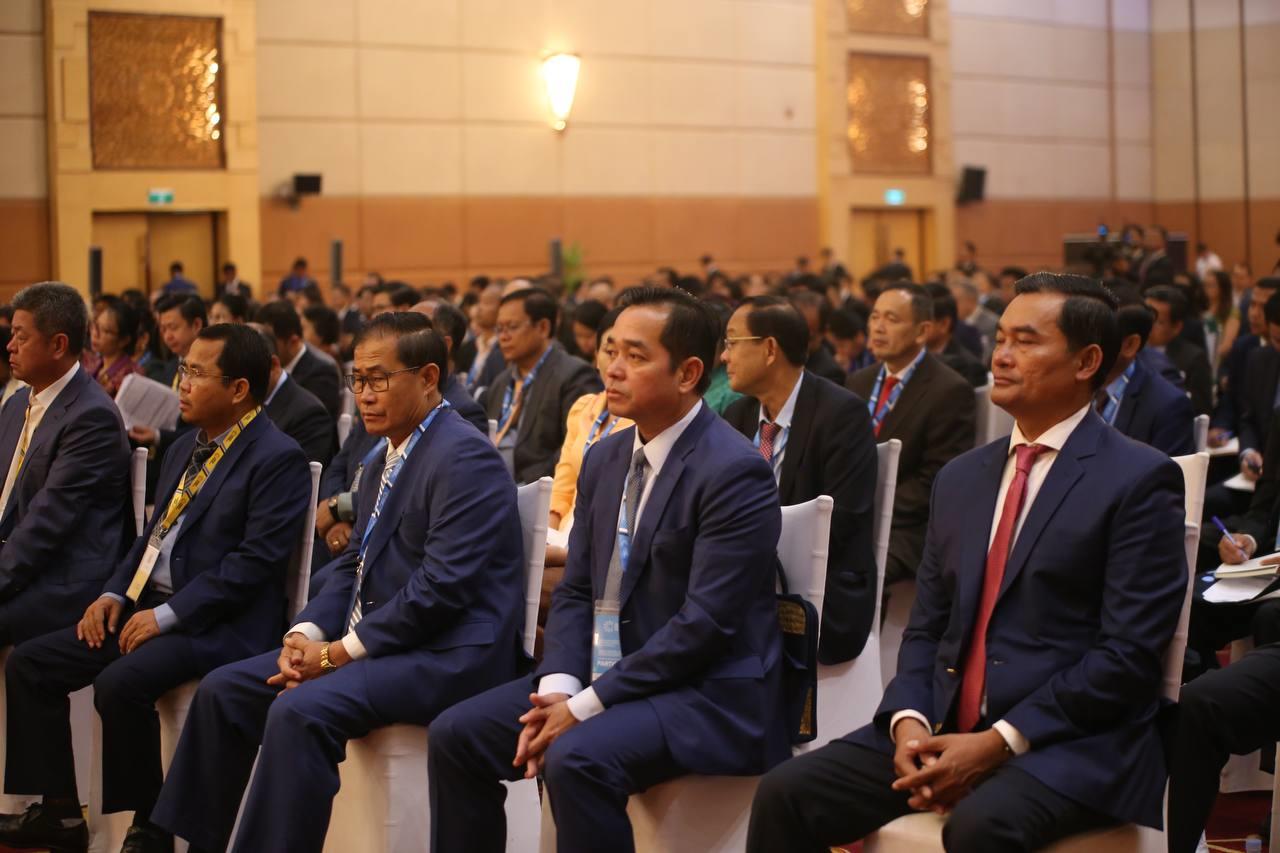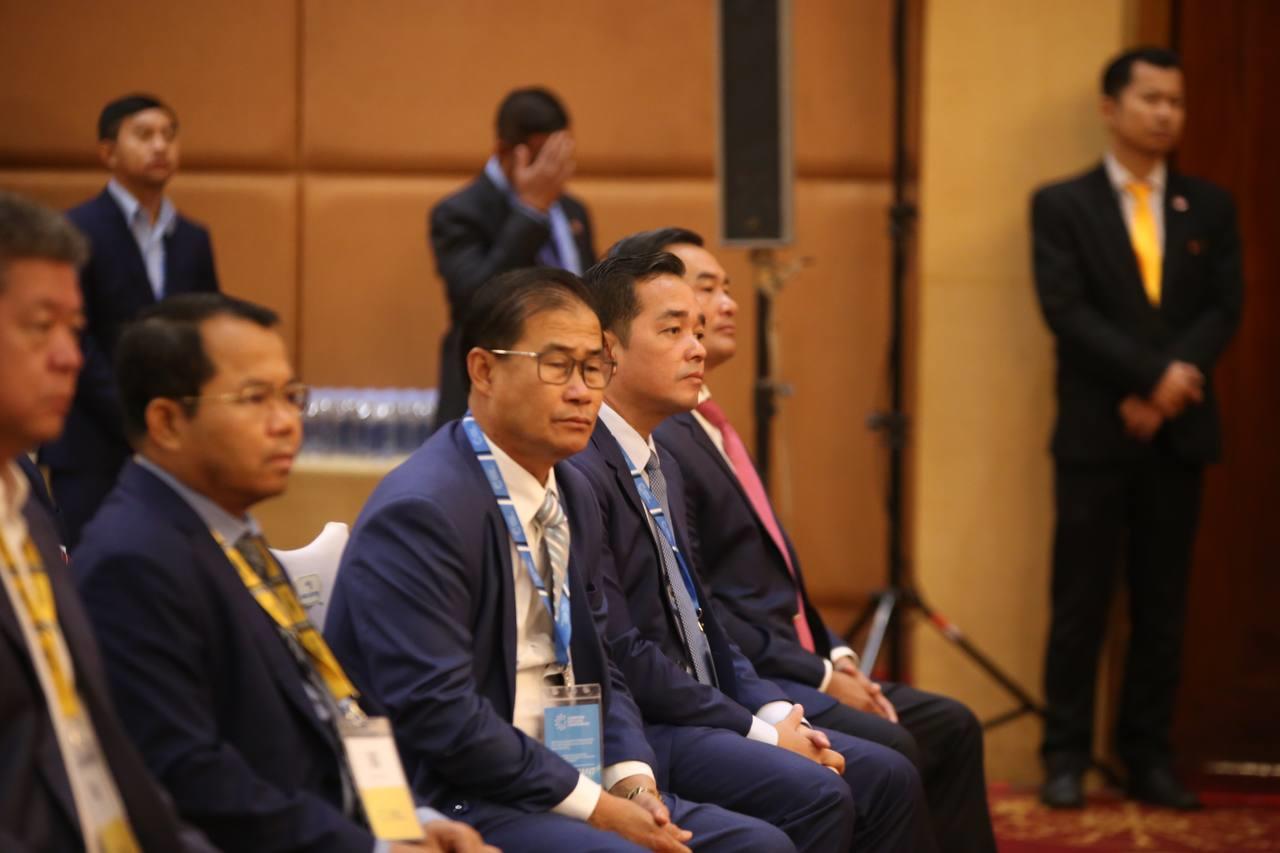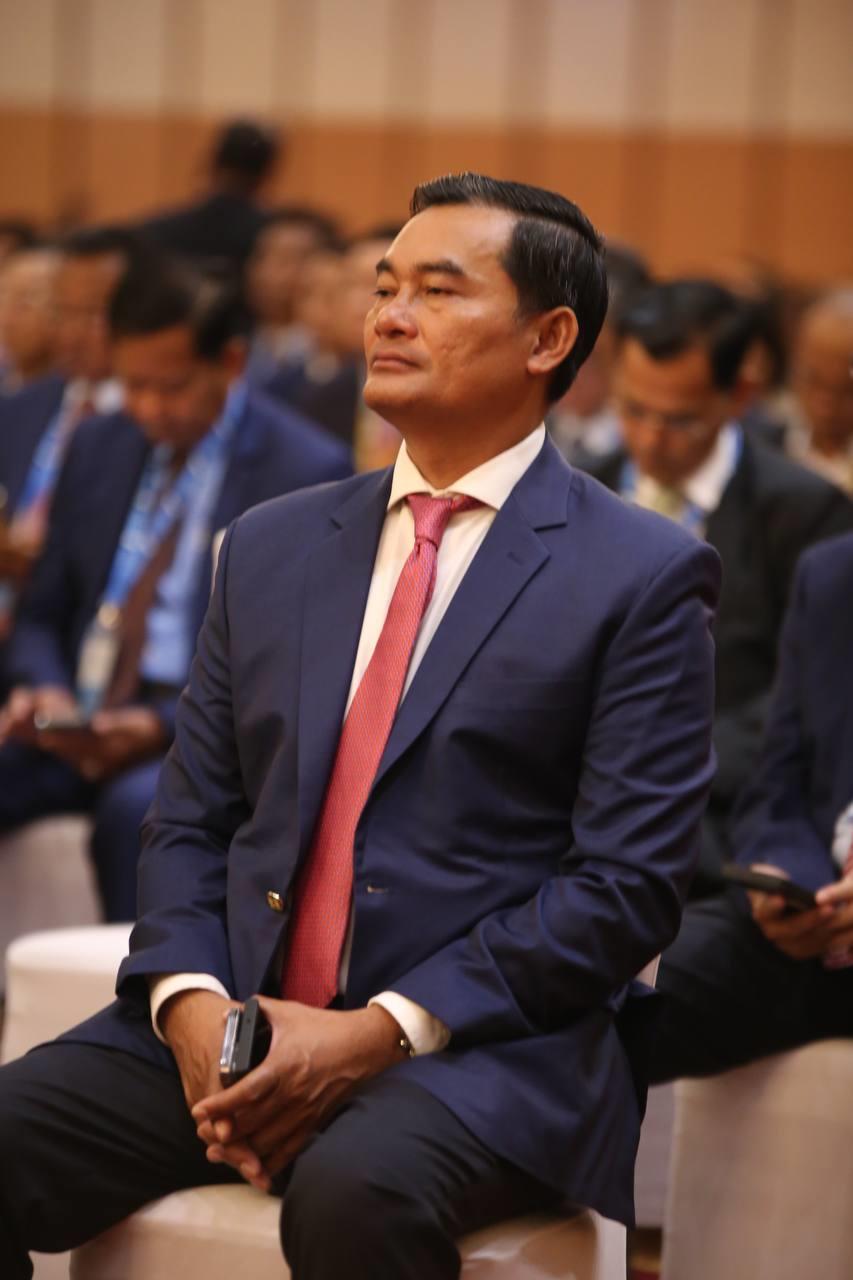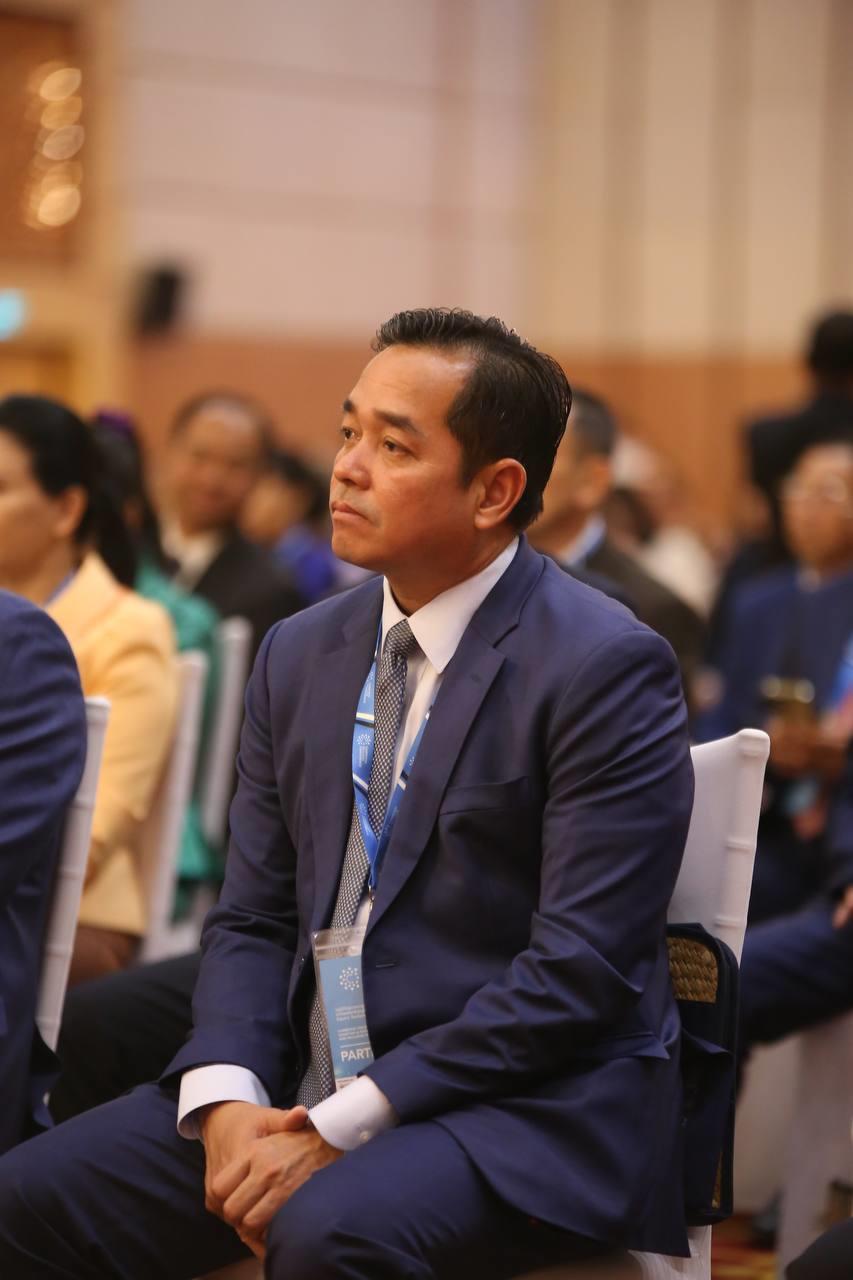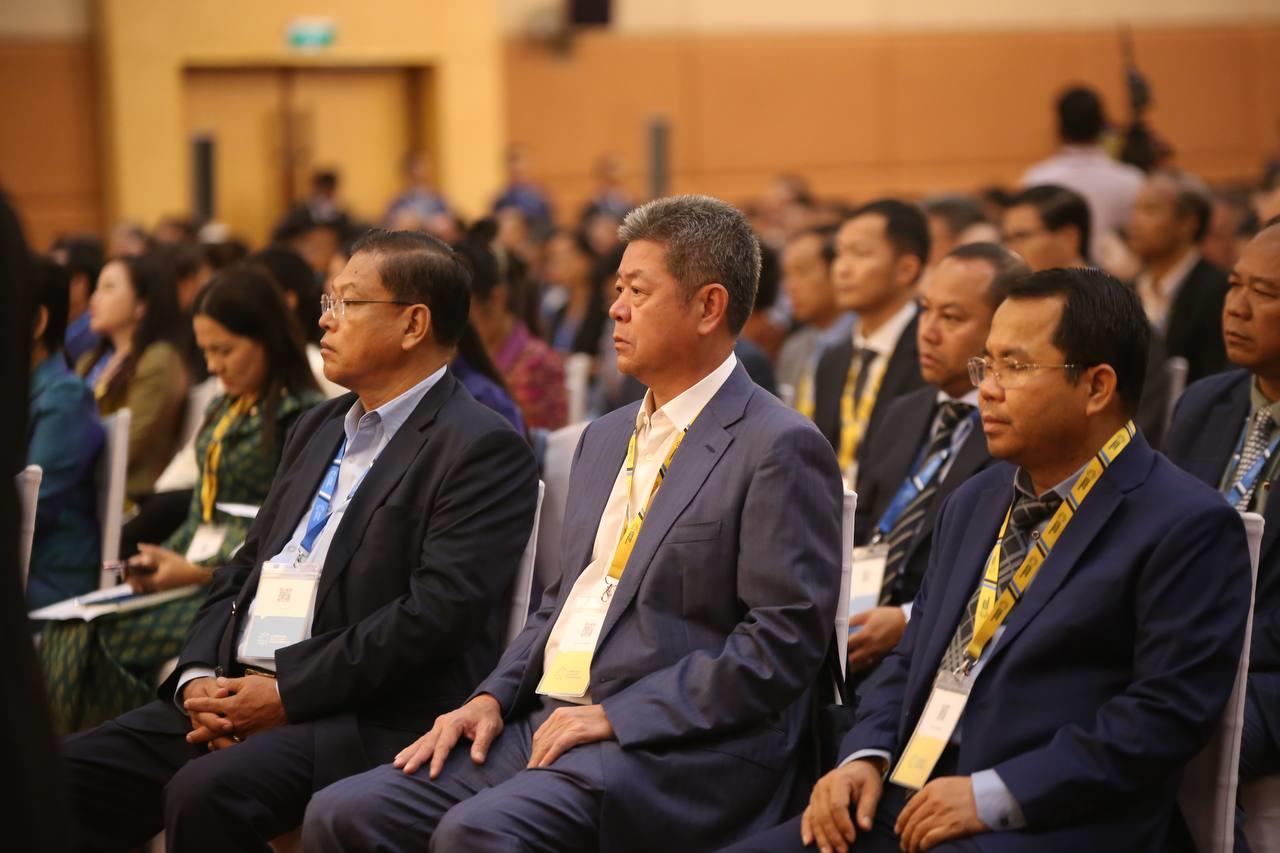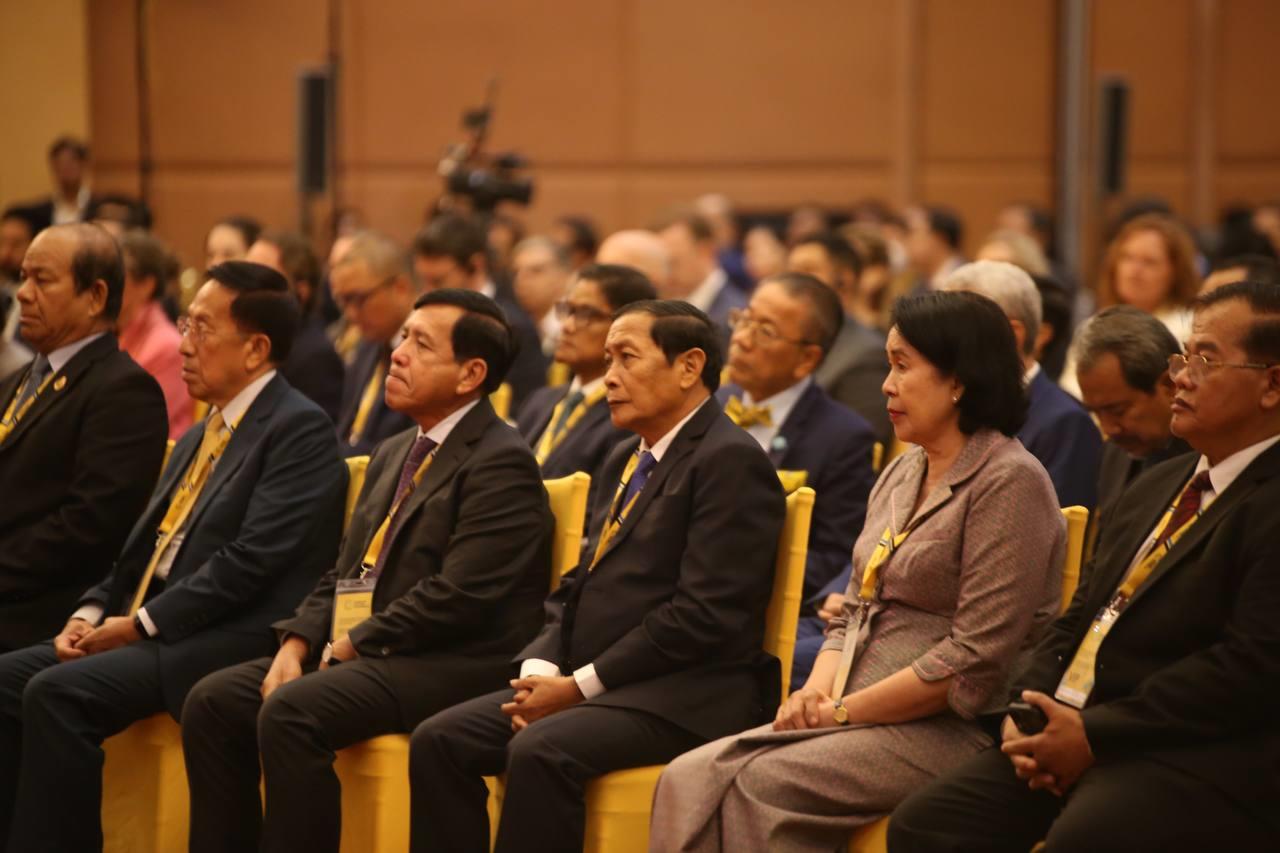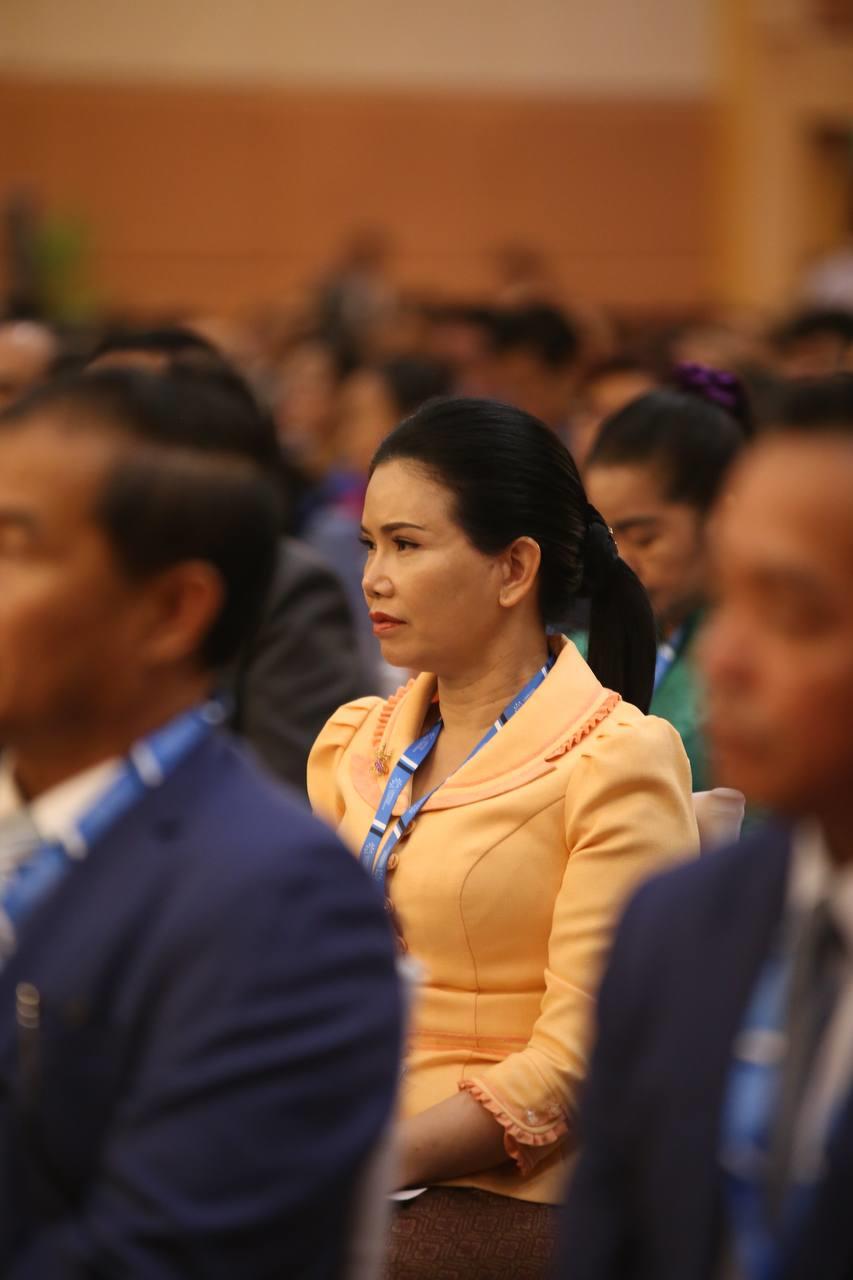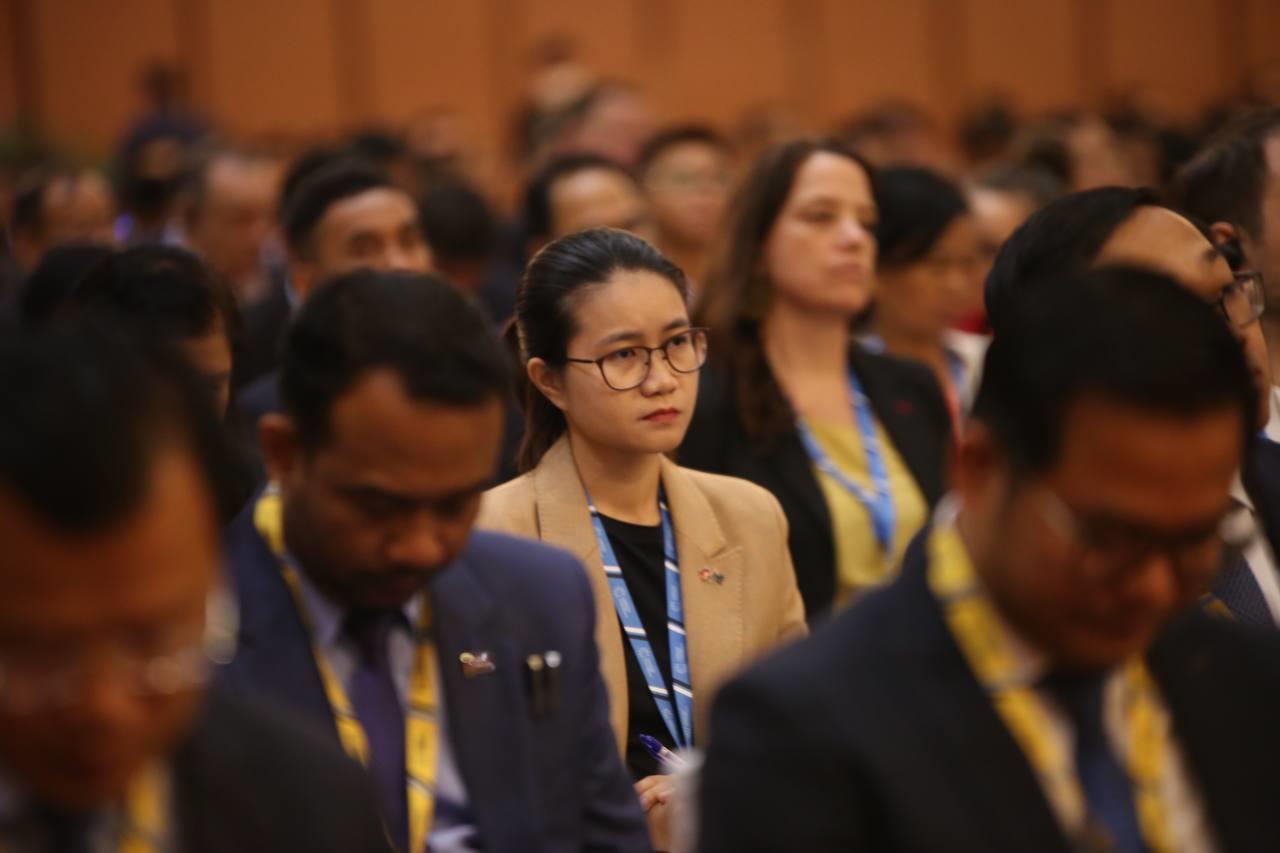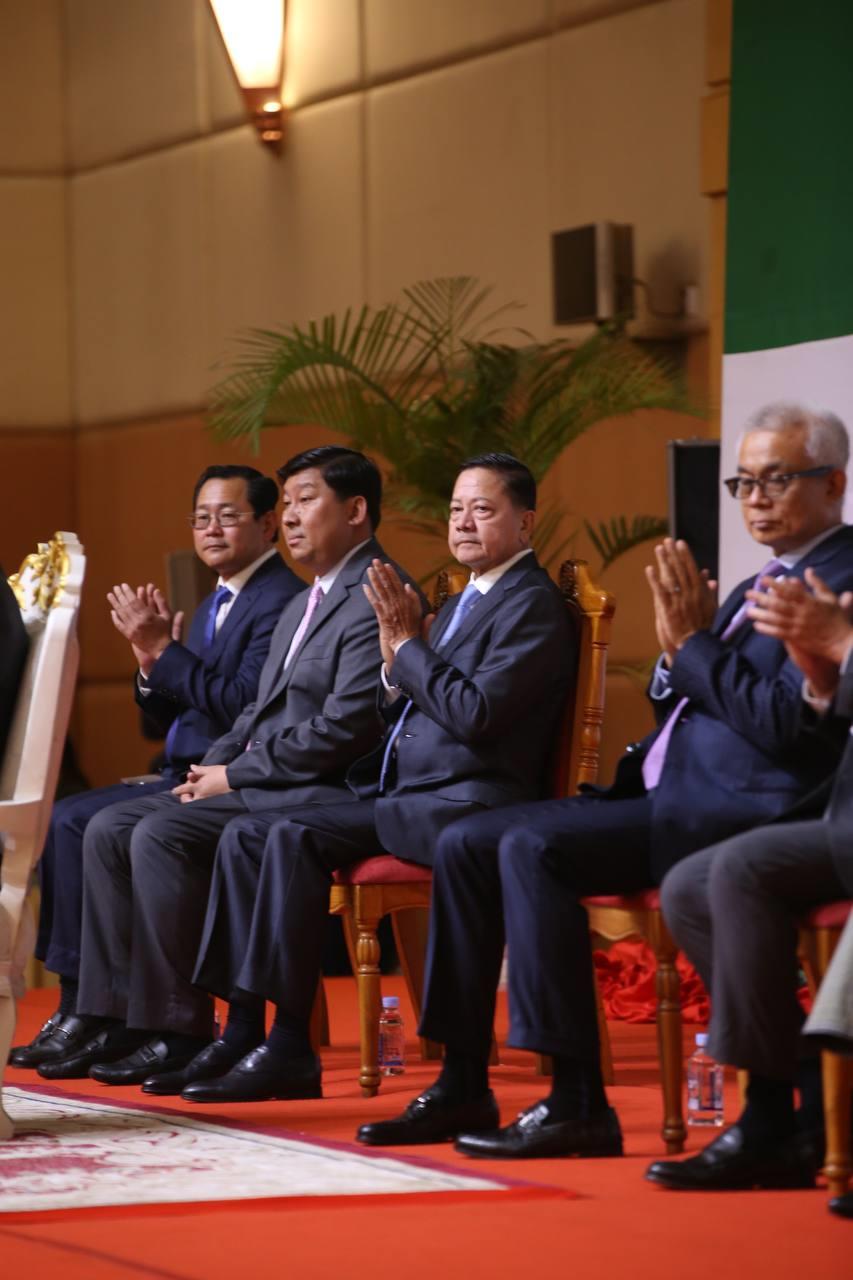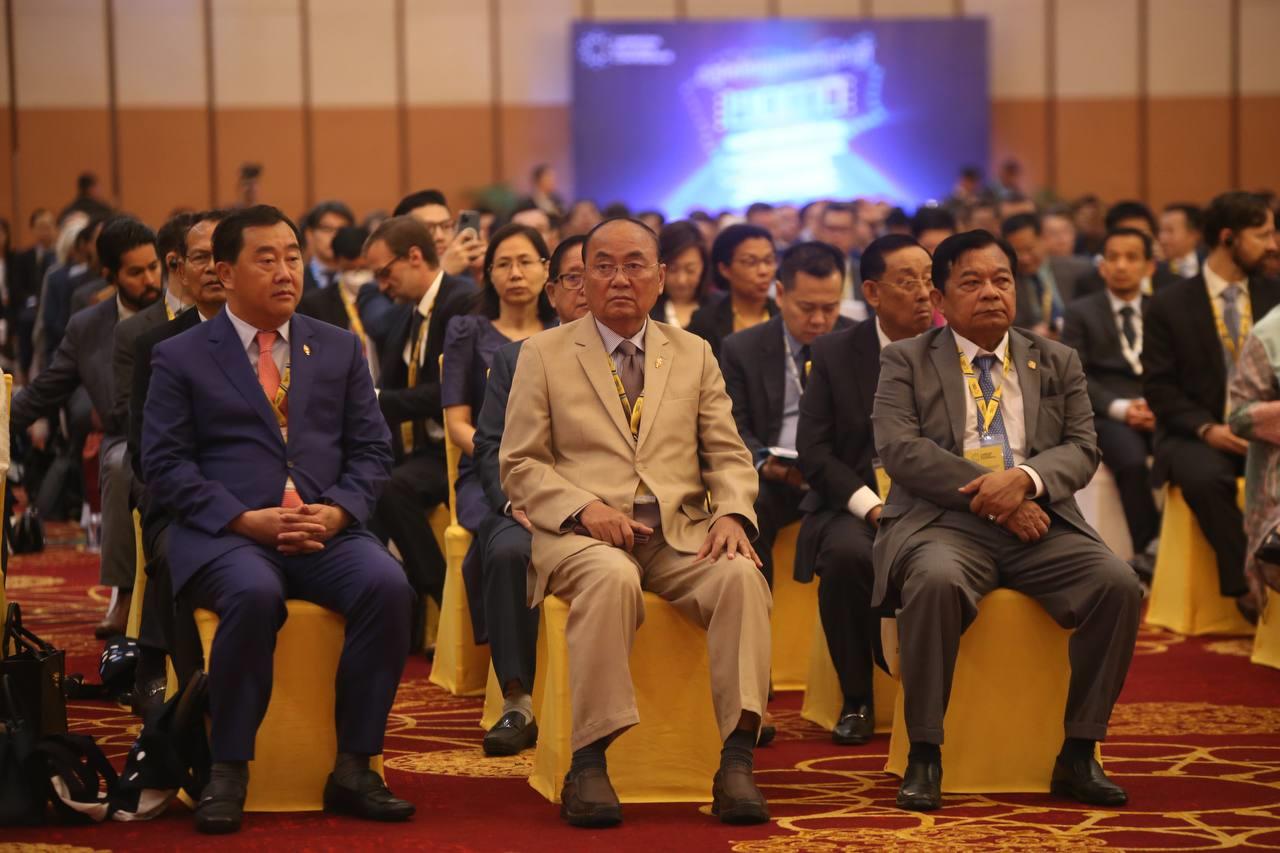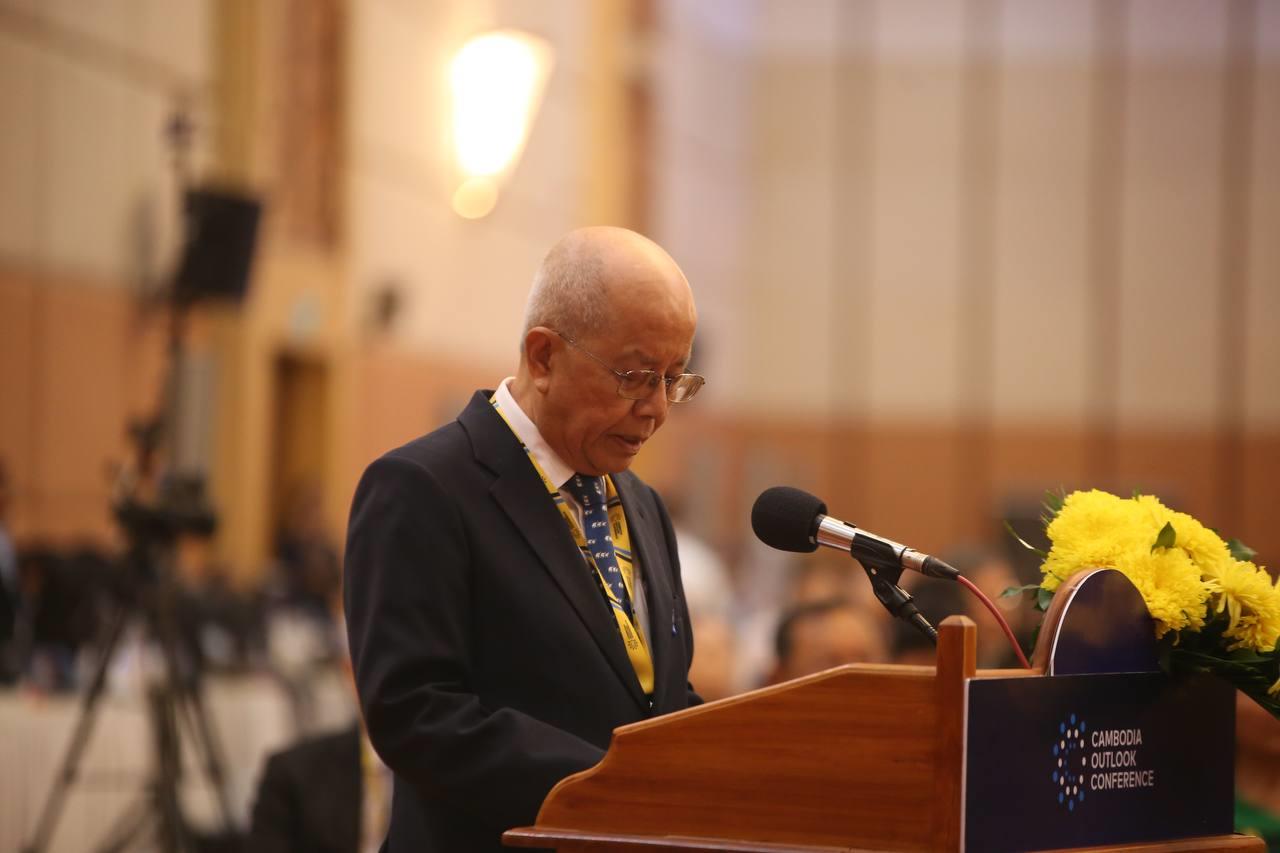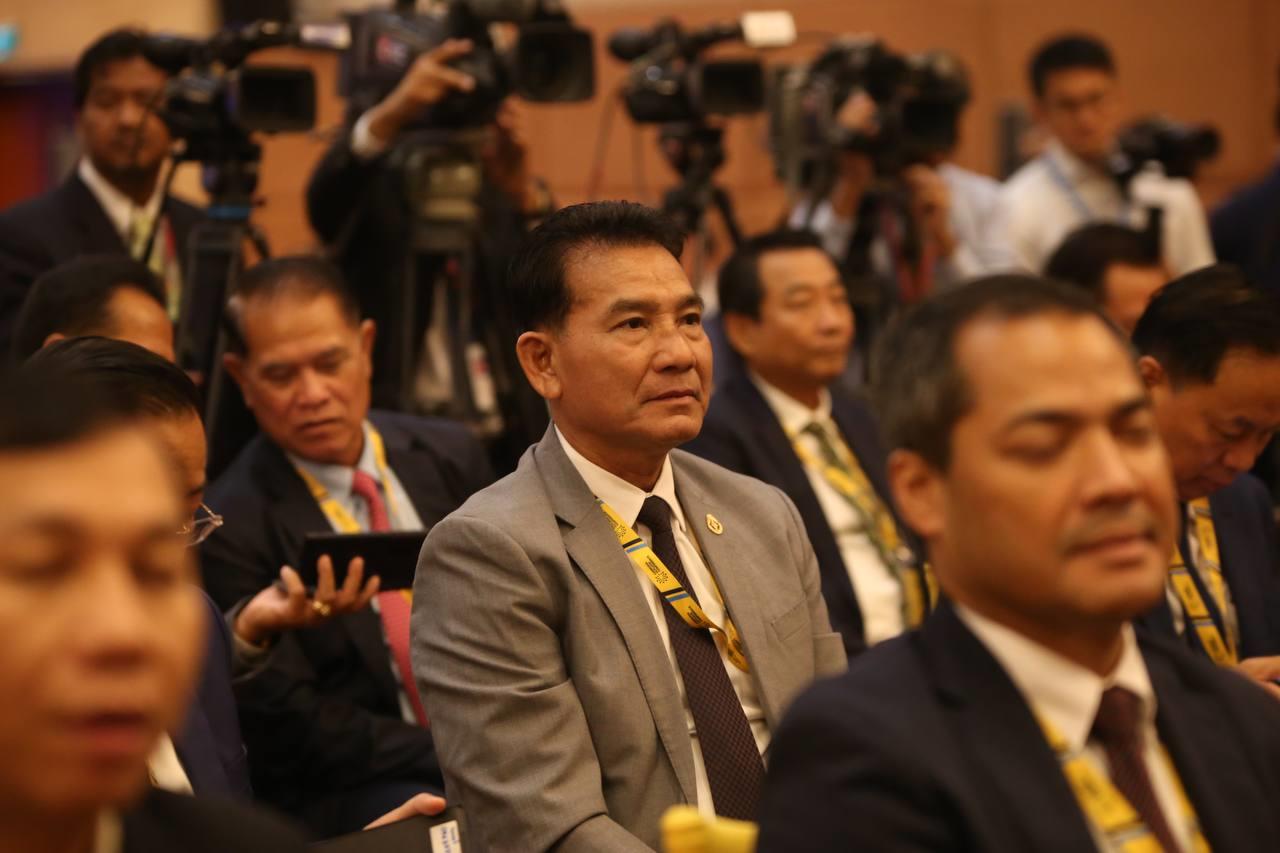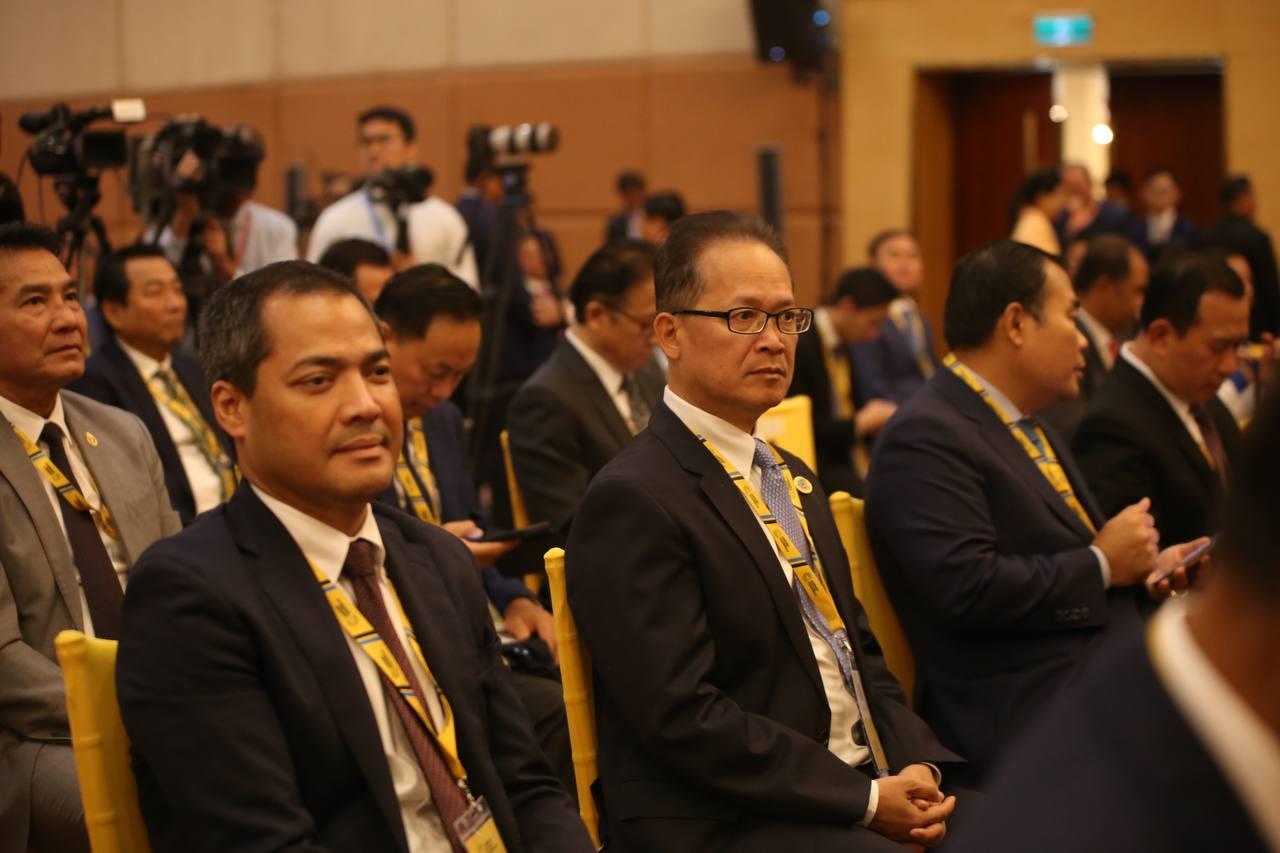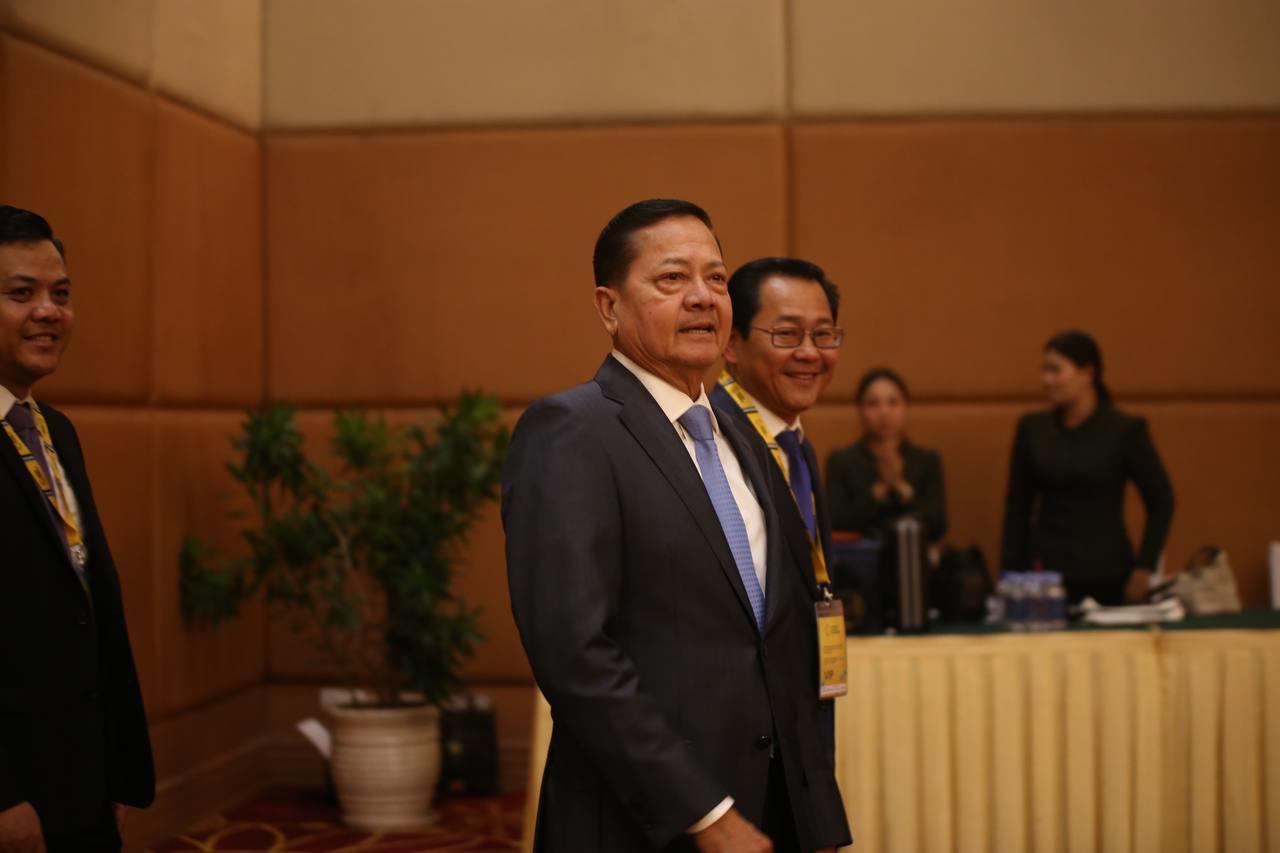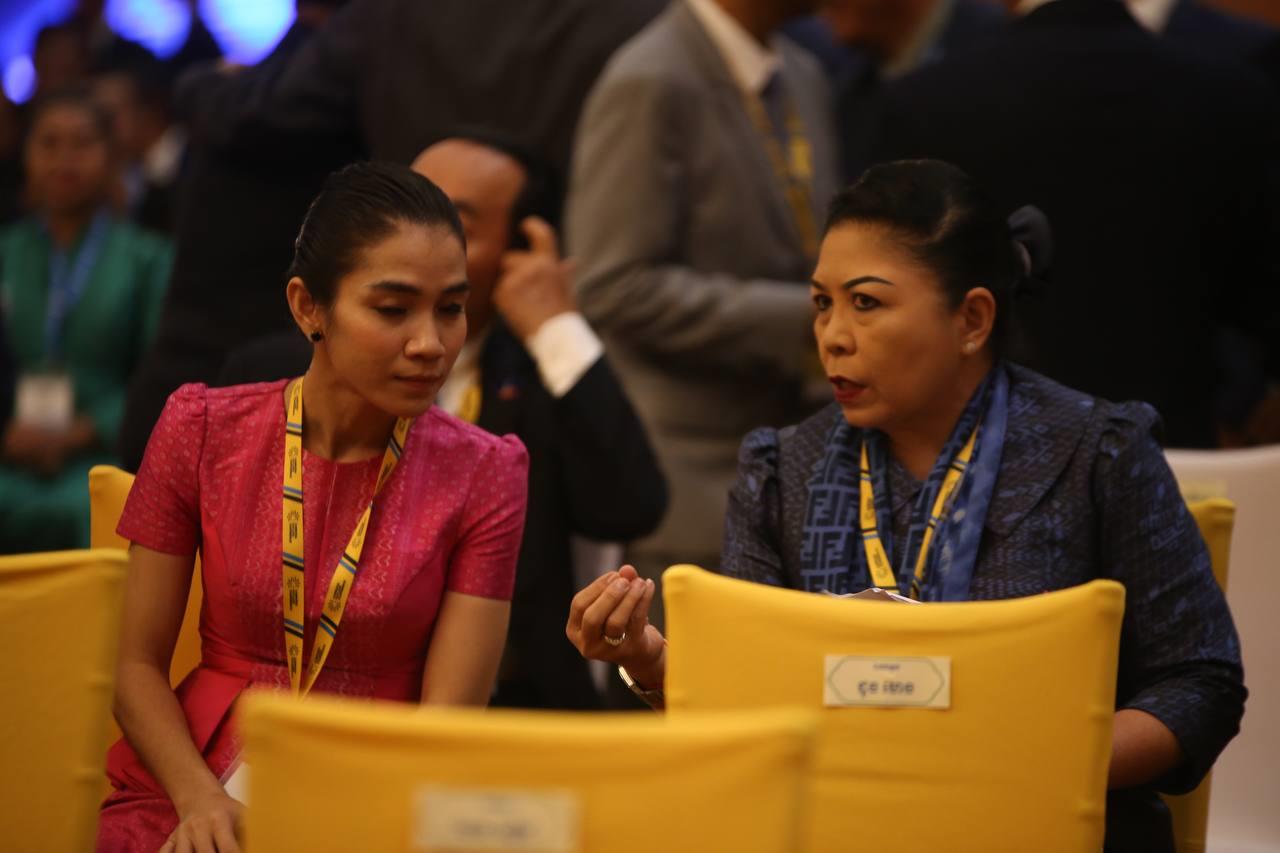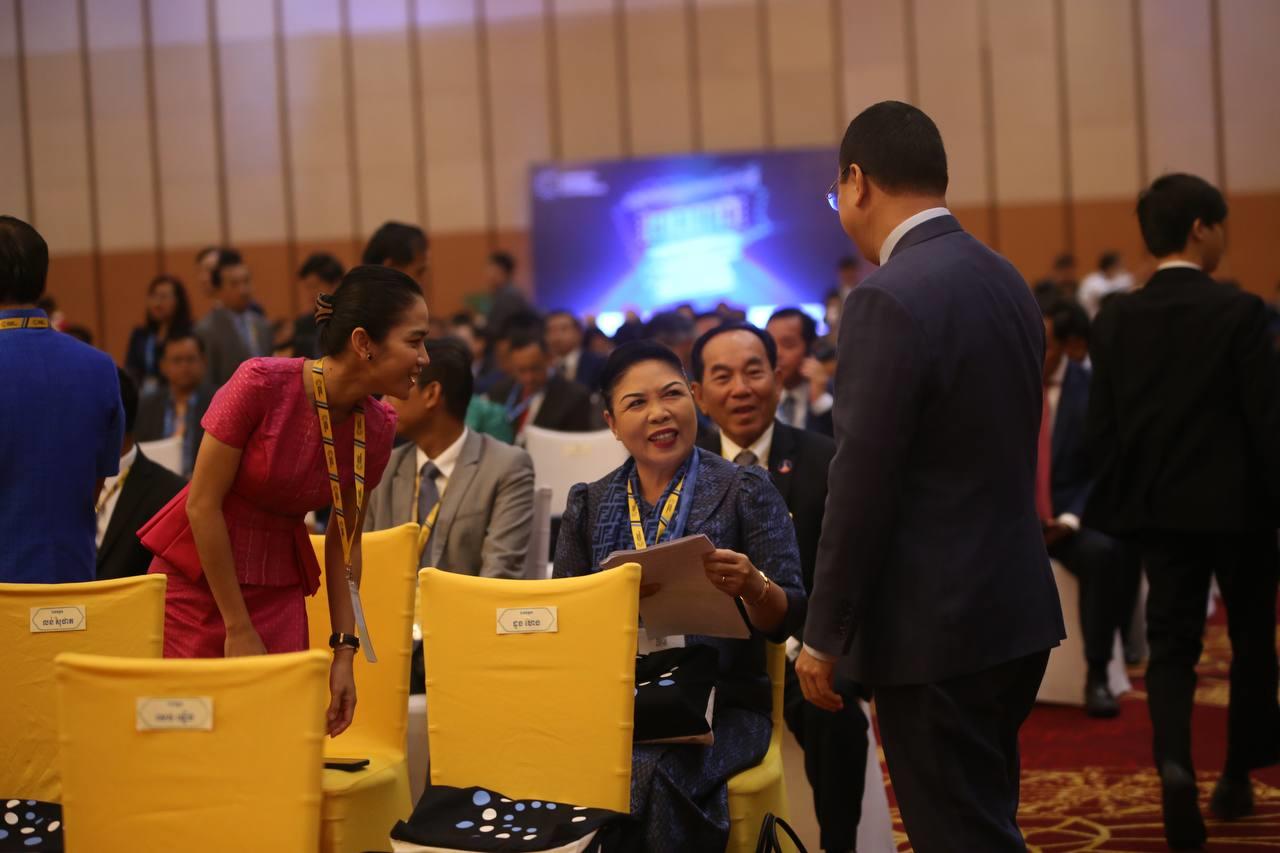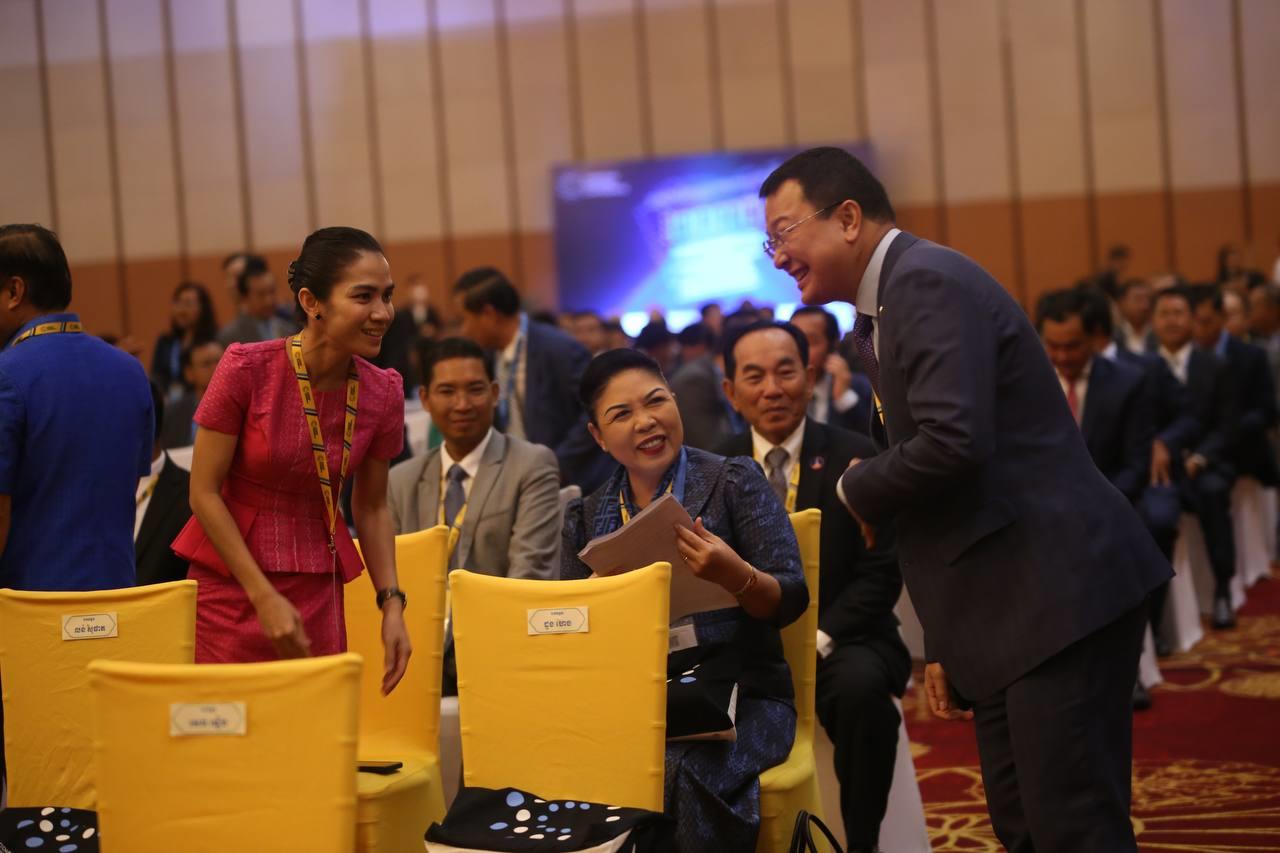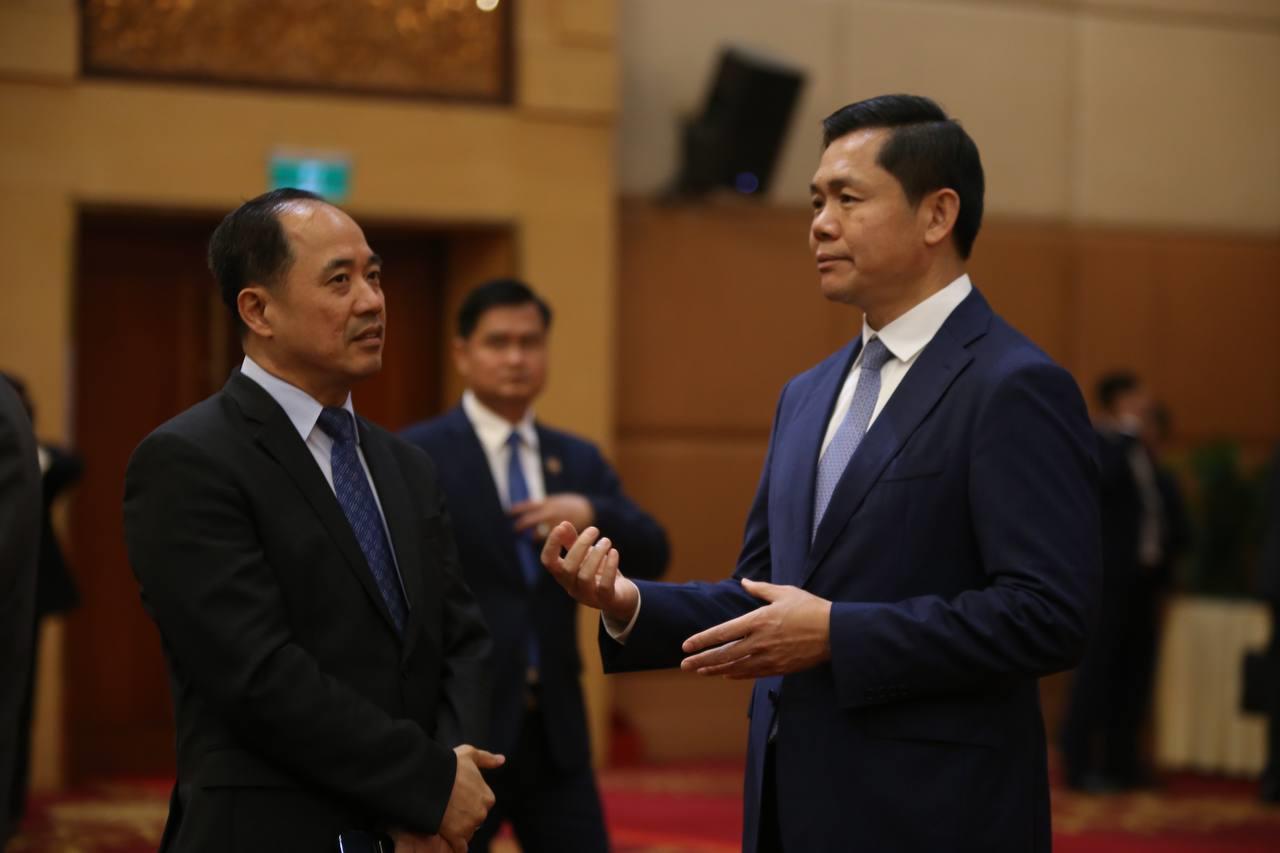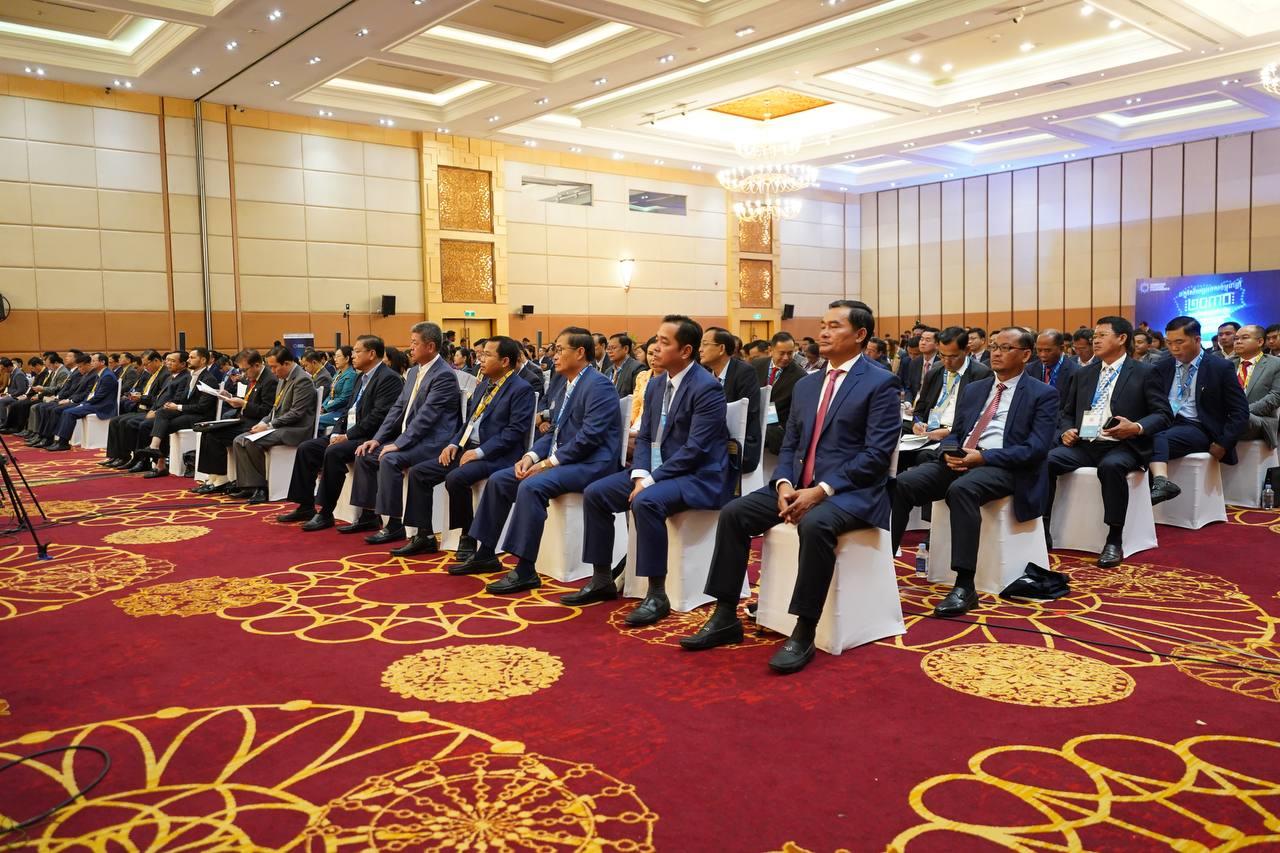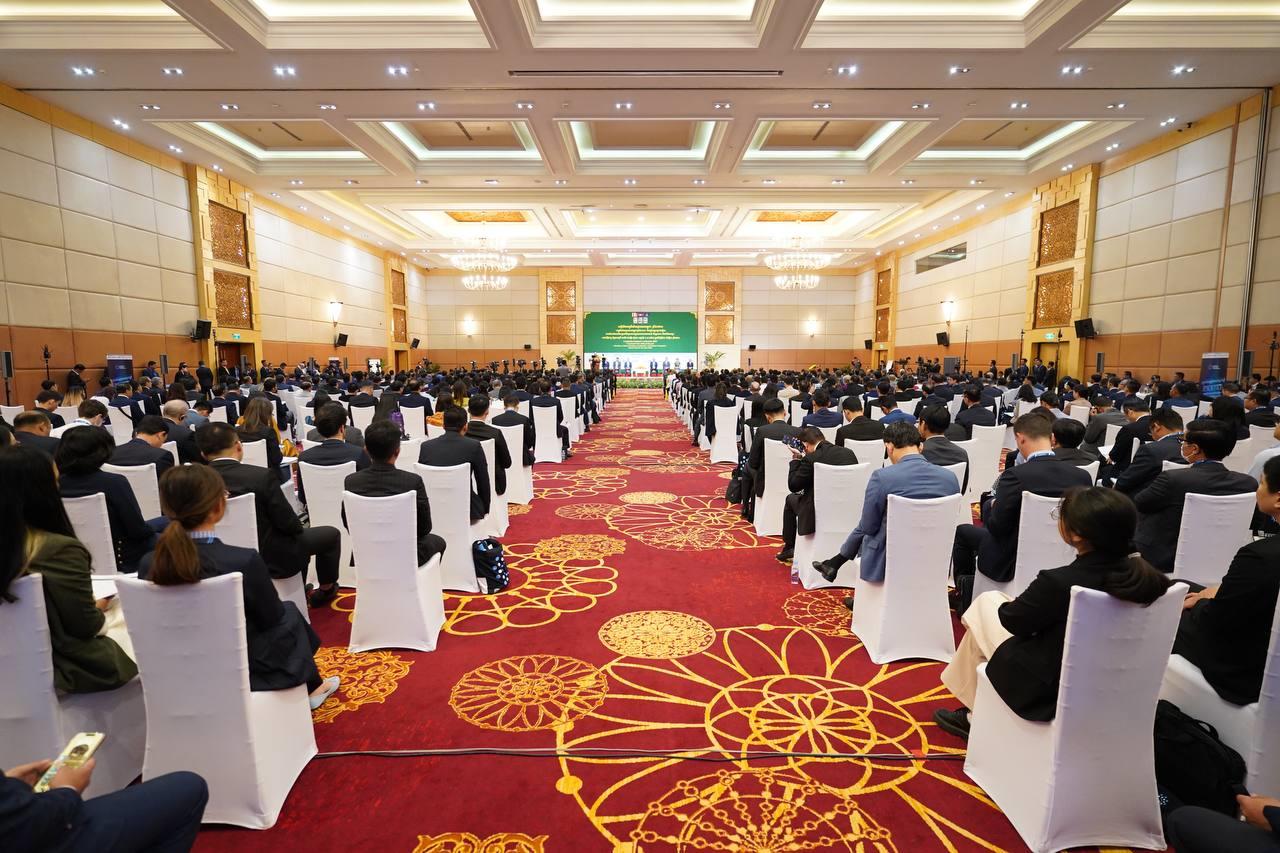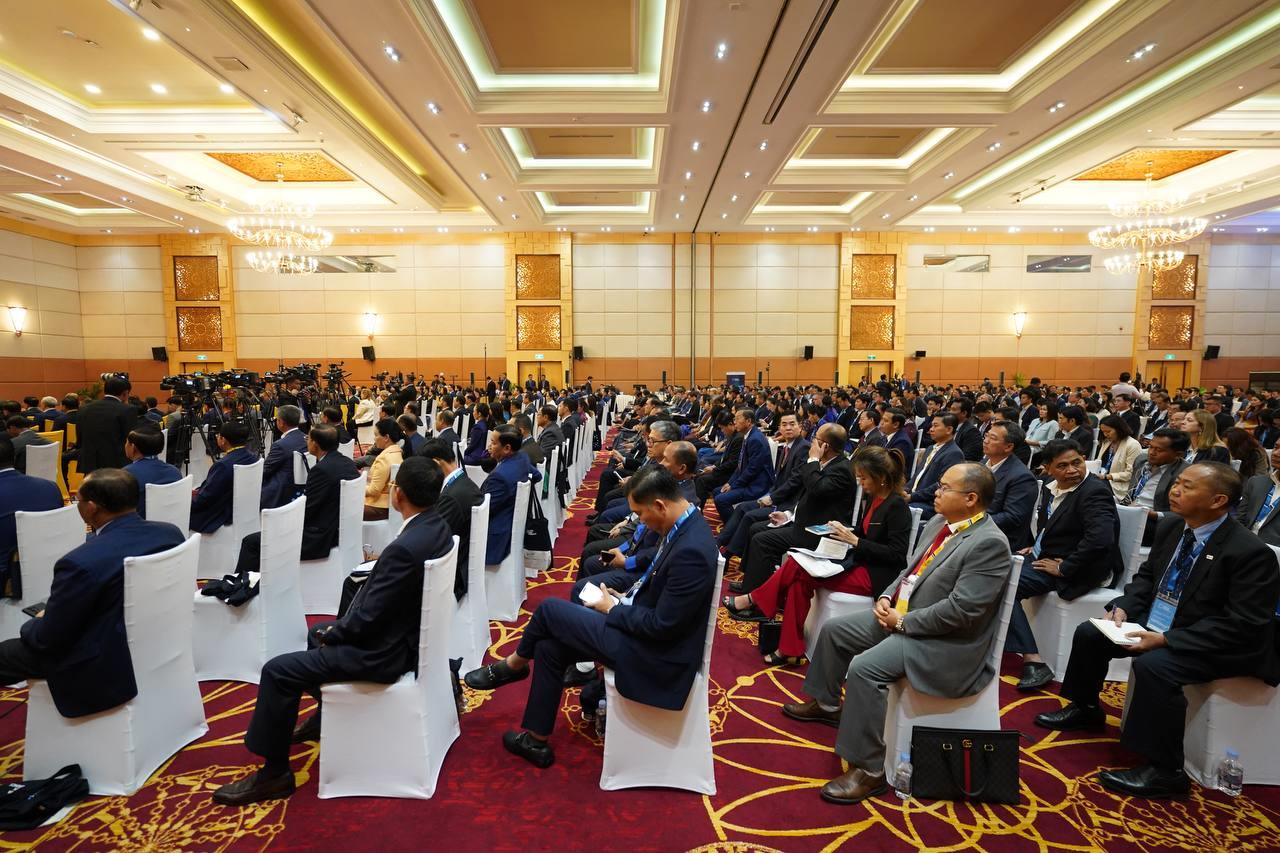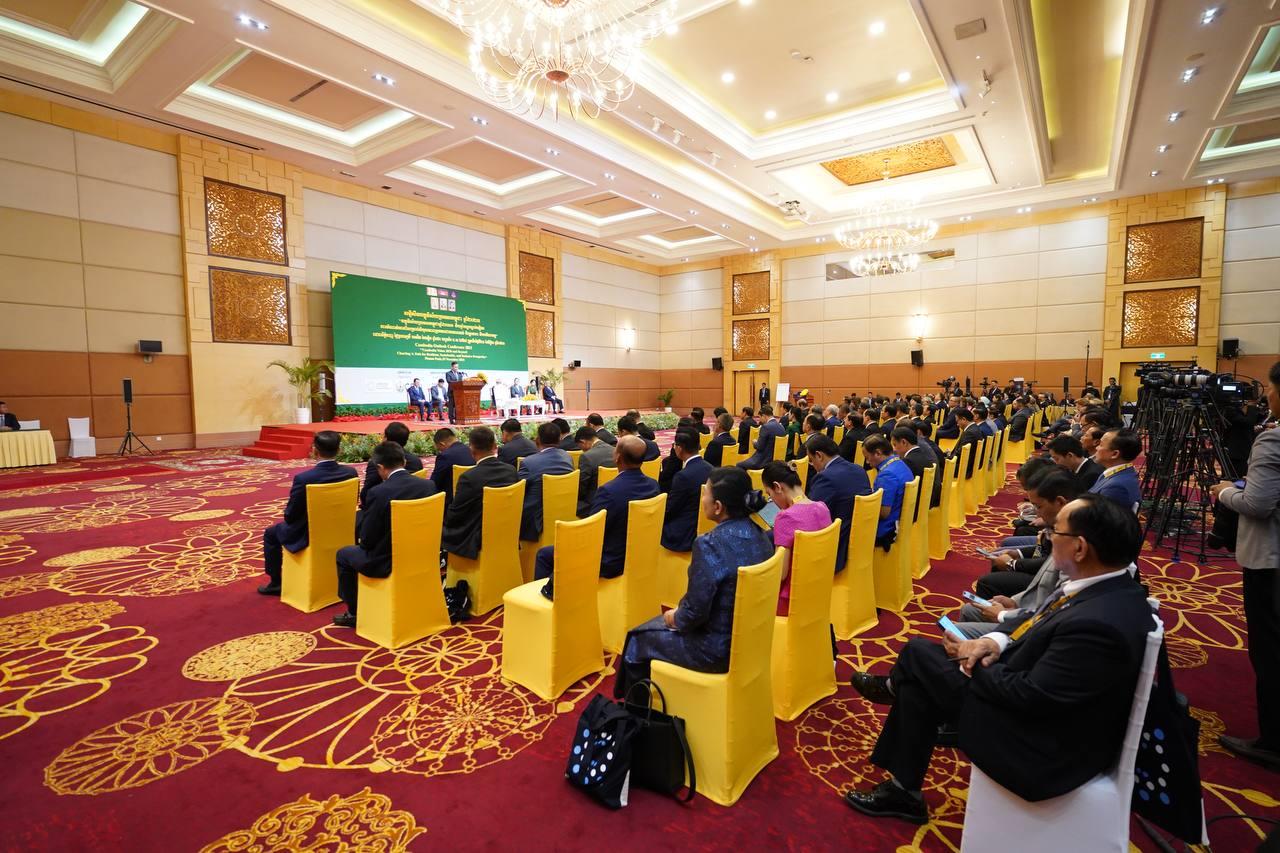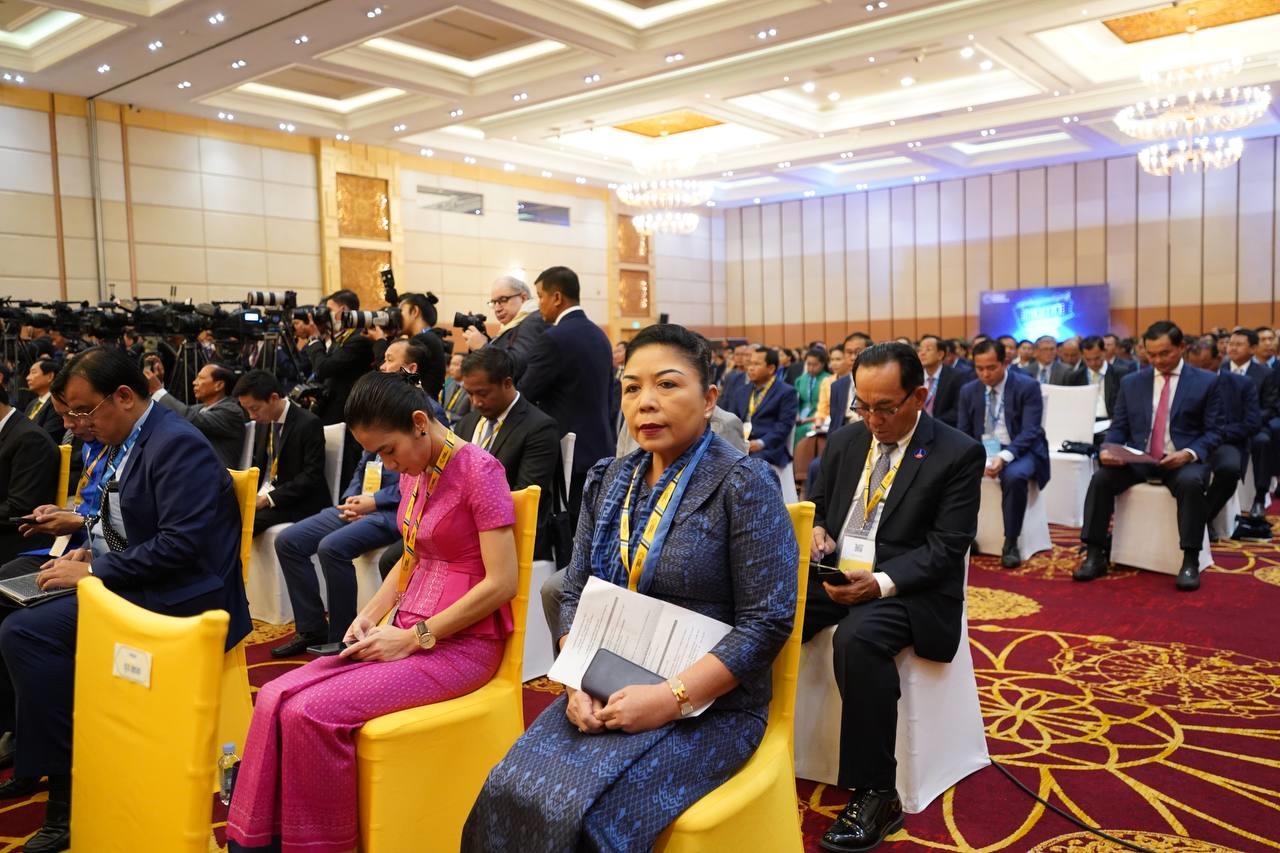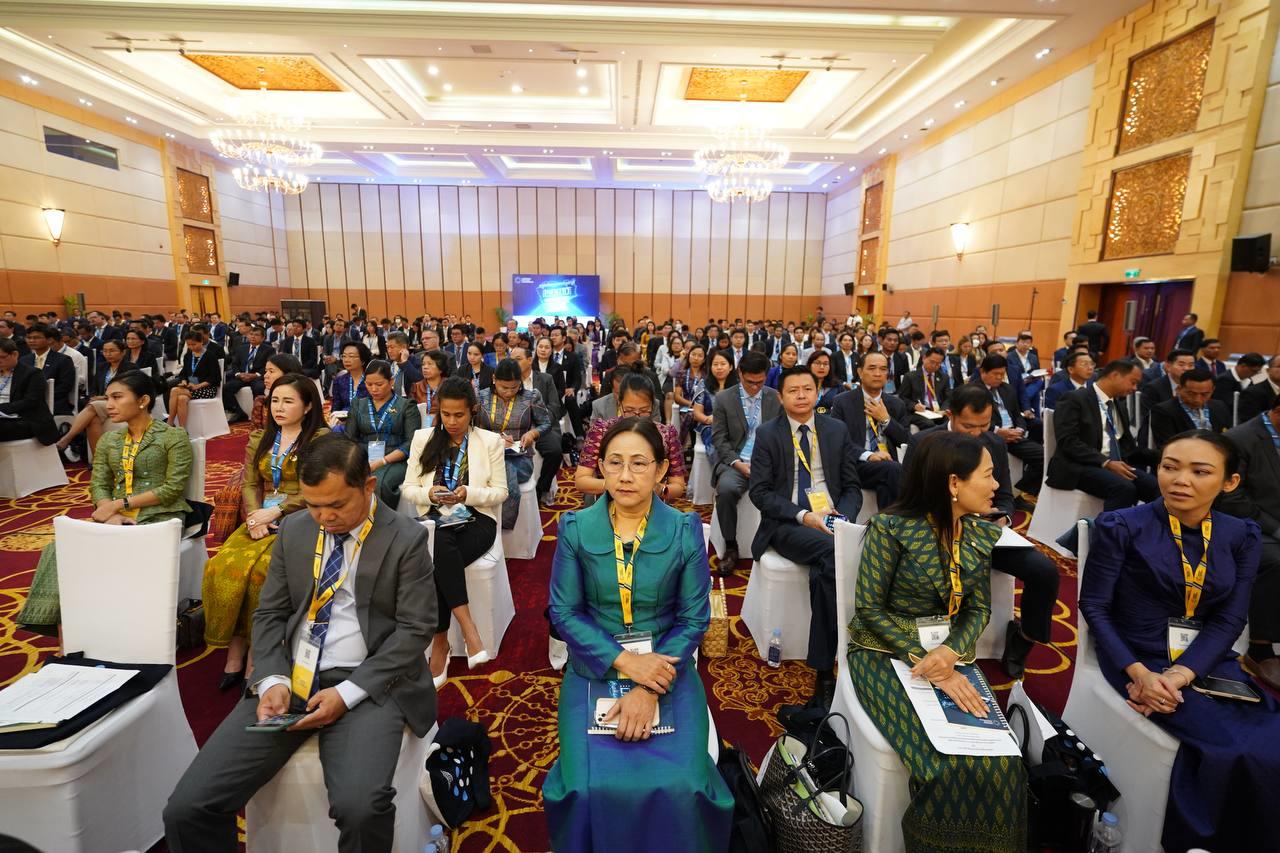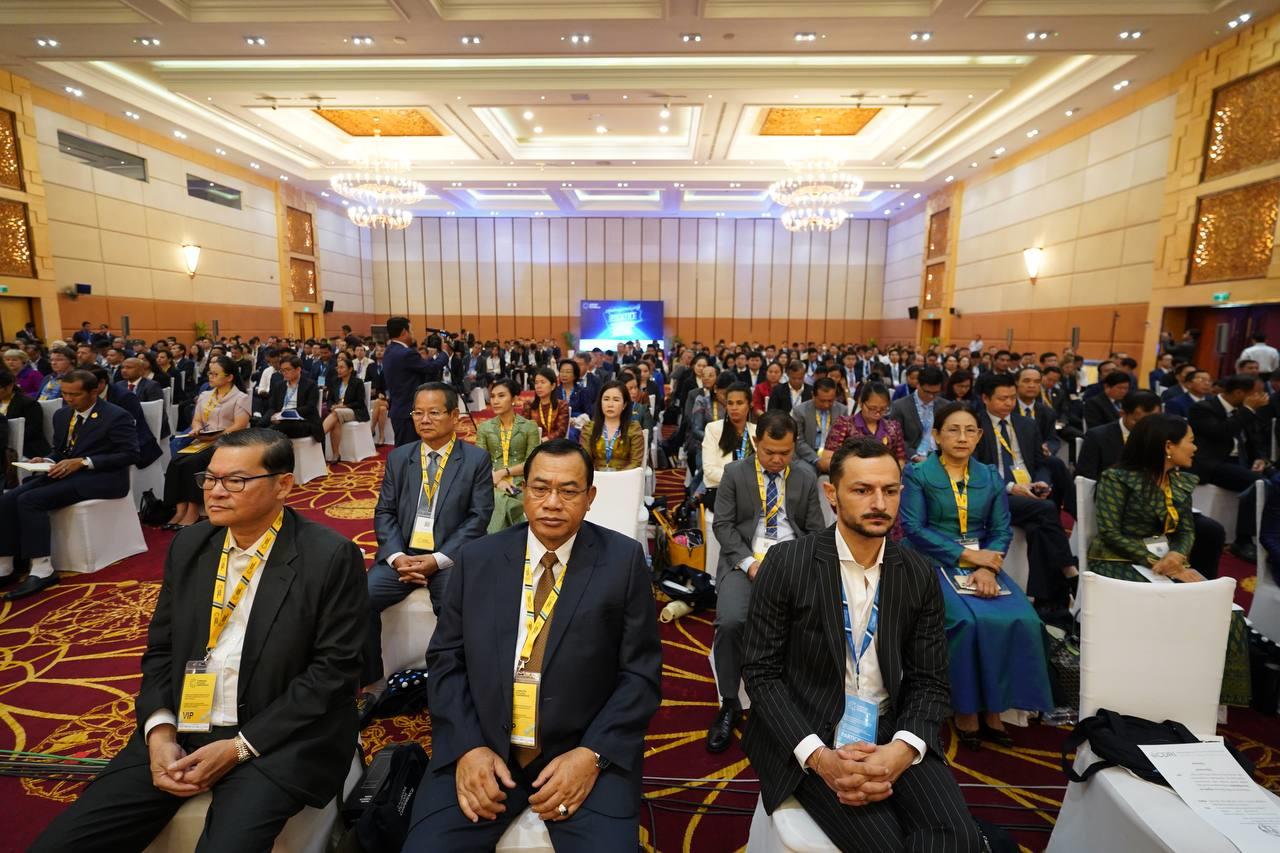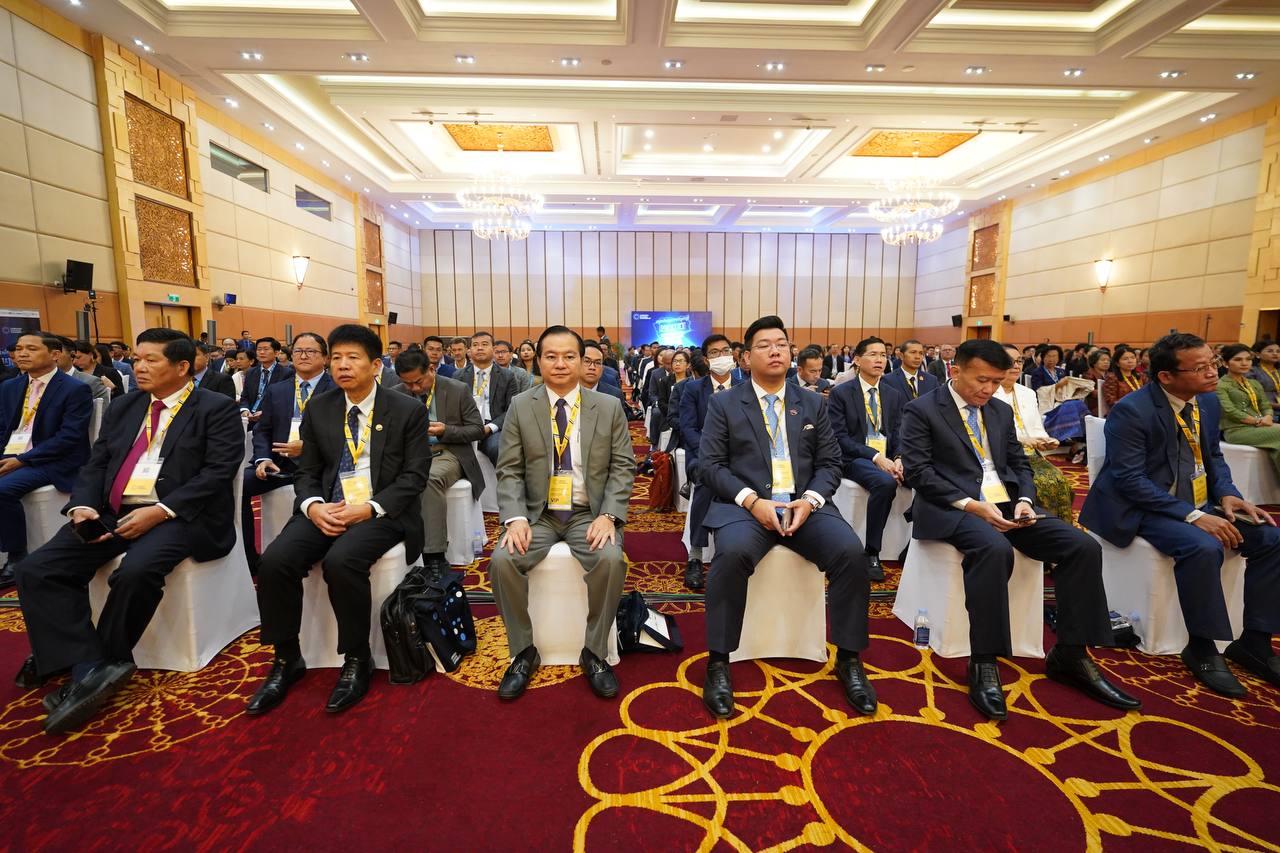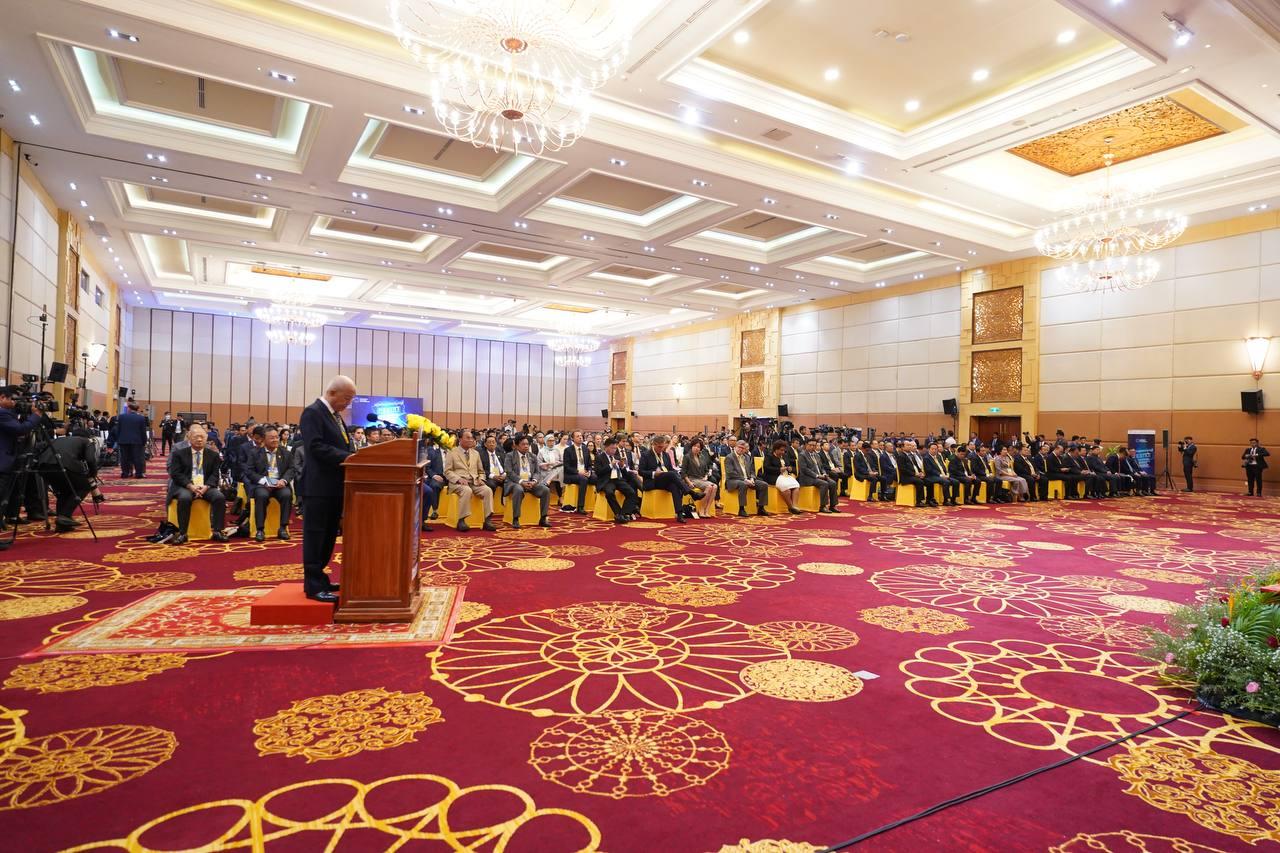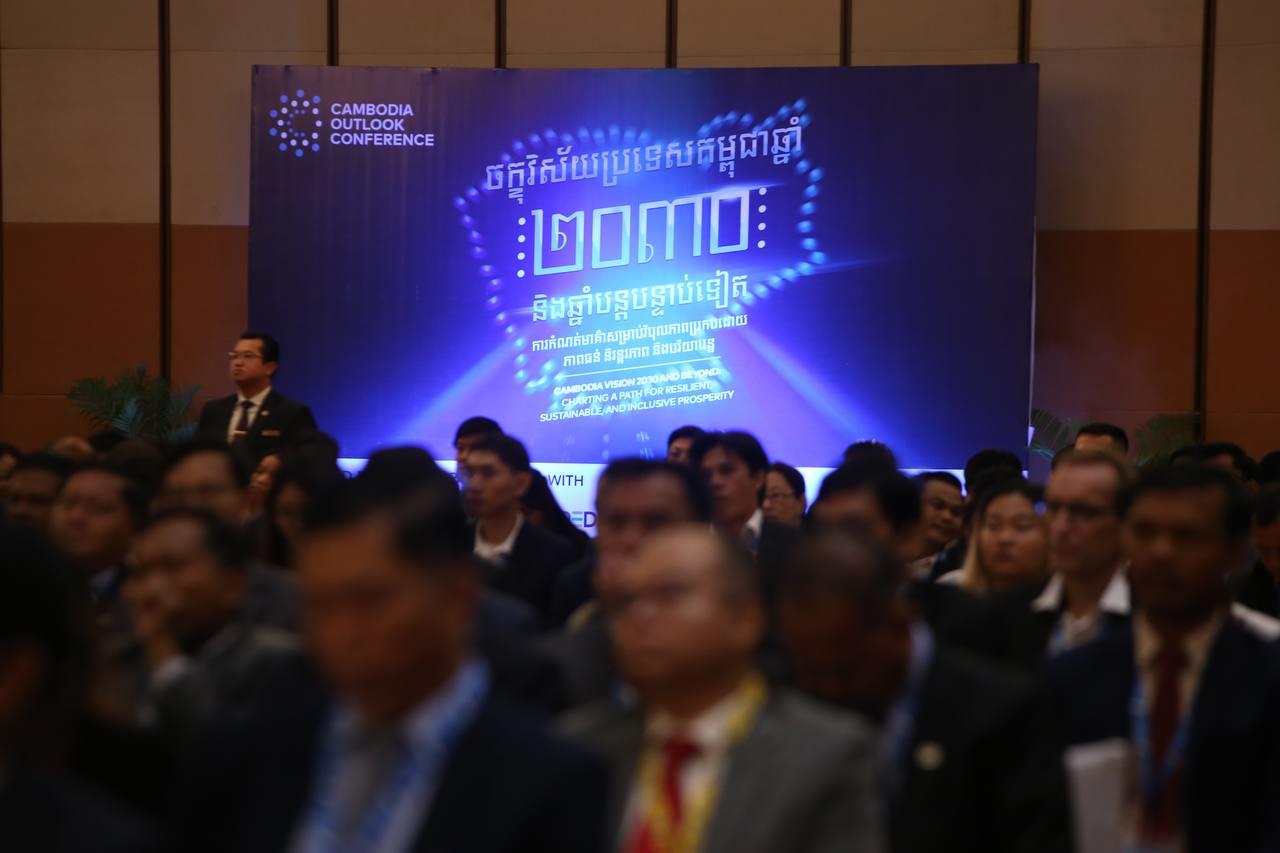Phnom Penh (FN), Nov. 23 – Cambodia Prime Minister Hun Manet stated that with significant progress made in the last two decades, born of Samdech Techo Hun Sen's win-win policy, Cambodia has successfully built a robust economic foundation through strategic market-oriented initiatives, driven by five key actions:
1. Embracing an open approach to international trade based on the principle of multilateralism.
2. Actively promoting and attracting foreign direct investment, laying the groundwork for sustained economic growth.
3. Strengthening and rehabilitating vital infrastructure such as roads, water, and electricity to enhance connectivity, streamline resource and manpower mobility, and establish robust production bases.
4. Continuing the development and promotion of human capital to actively participate in economic activities and boost overall productivity.
5. Implementing regular institutional and governance reforms to ensure effective management of the political and economic systems. This includes optimizing the public financial system and banking sector for efficiency and effectiveness, as well as ensuring equitable and environmentally conscious distribution of the benefits of growth.
The premier spoke on Thursday (Nov. 23) during Cambodia Outlook Conference 2023 at Sokha Hotel Phnom Penh.
Samdech Thipadei Hun Manet underlined Cambodia's remarkable and sustained economic growth, averaging around 7 per cent annually over the past two decades. This has propelled Cambodia to attain the status of a lower-middle-income country in 2015, with the gross domestic product (GDP) skyrocketing from approximately USD 3.11 billion in 1998 to about USD 29.60 billion in 2022.
On the occasion, Samdech Thipadei added that the GDP per capita has surged sevenfold, escalating from about USD 253 in 1998 to approximately USD 1,784 in 2022. Prior to the COVID19 crisis, the poverty rate had dropped below 10 per cent, accompanied by a reduction in social inequality. Cambodia has shifted from predominantly agriculture-based economies to those driven by higher value-added industries and services.
Amid robust integration into regional and global supply chains, Cambodia has successfully diversified its exports and markets. Non-garment products have notably increased their share of total exports from 9 per cent to 38 per cent, marking a significant shift from the heavy reliance on garment exports, which accounted for 91 per cent in 2000 and decreased to 62 per cent in 2022. Furthermore, Cambodia has broadened its export destinations beyond traditional reliance on the US and European markets, extending to other countries in the ASEAN Plus Three region.
With its impressive growth and economic diversification, Cambodia aspires to follow a long-term development path, aiming to achieve high-middle-income status by 2030 and high-income status by 2050. Despite ongoing challenges, including the impact of the COVID19 crisis, the Royal Government remains steadfast in pursuing these ambitions and maintaining its commitment to long-term development goals.
=FRESH NEWS
